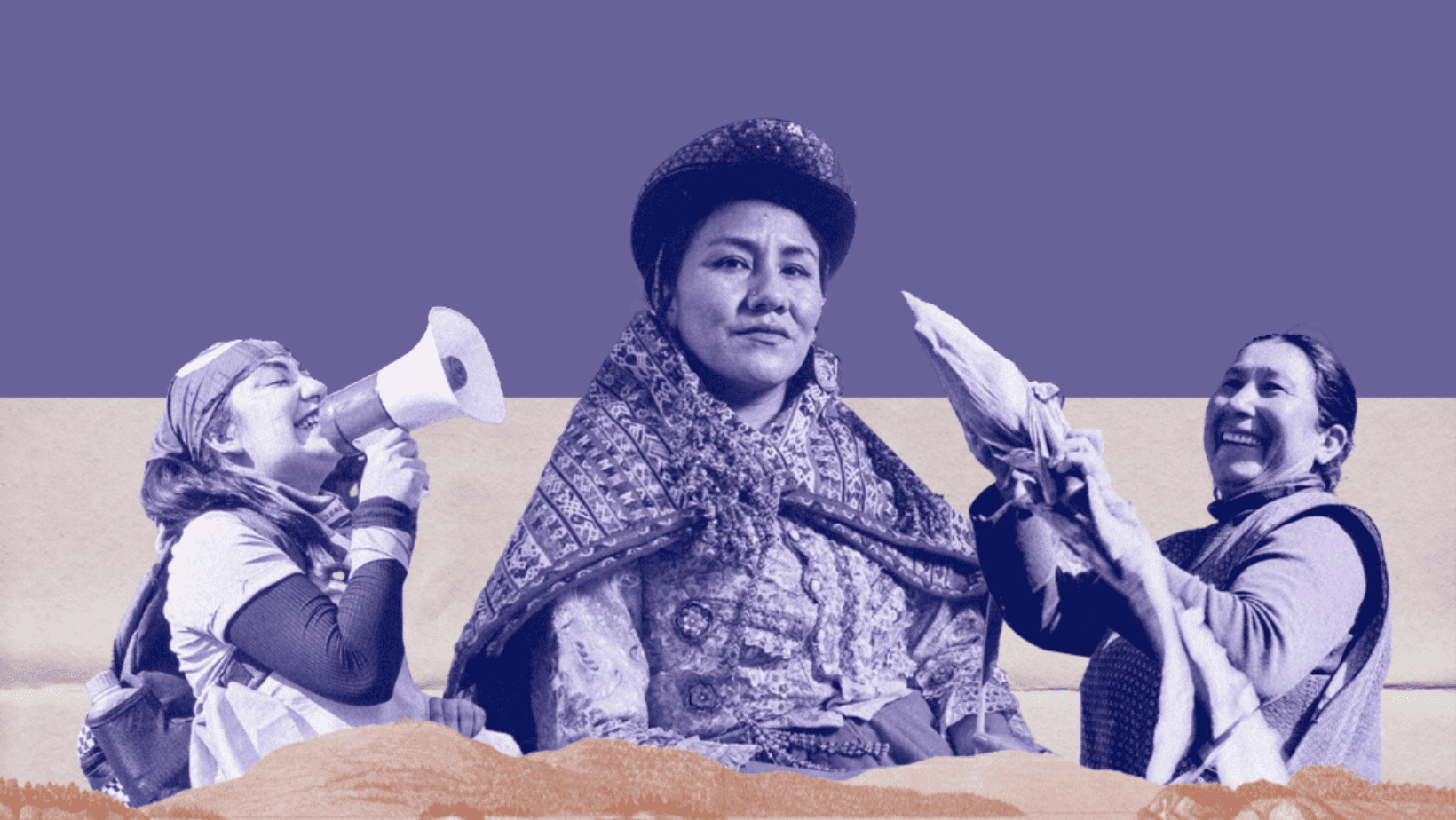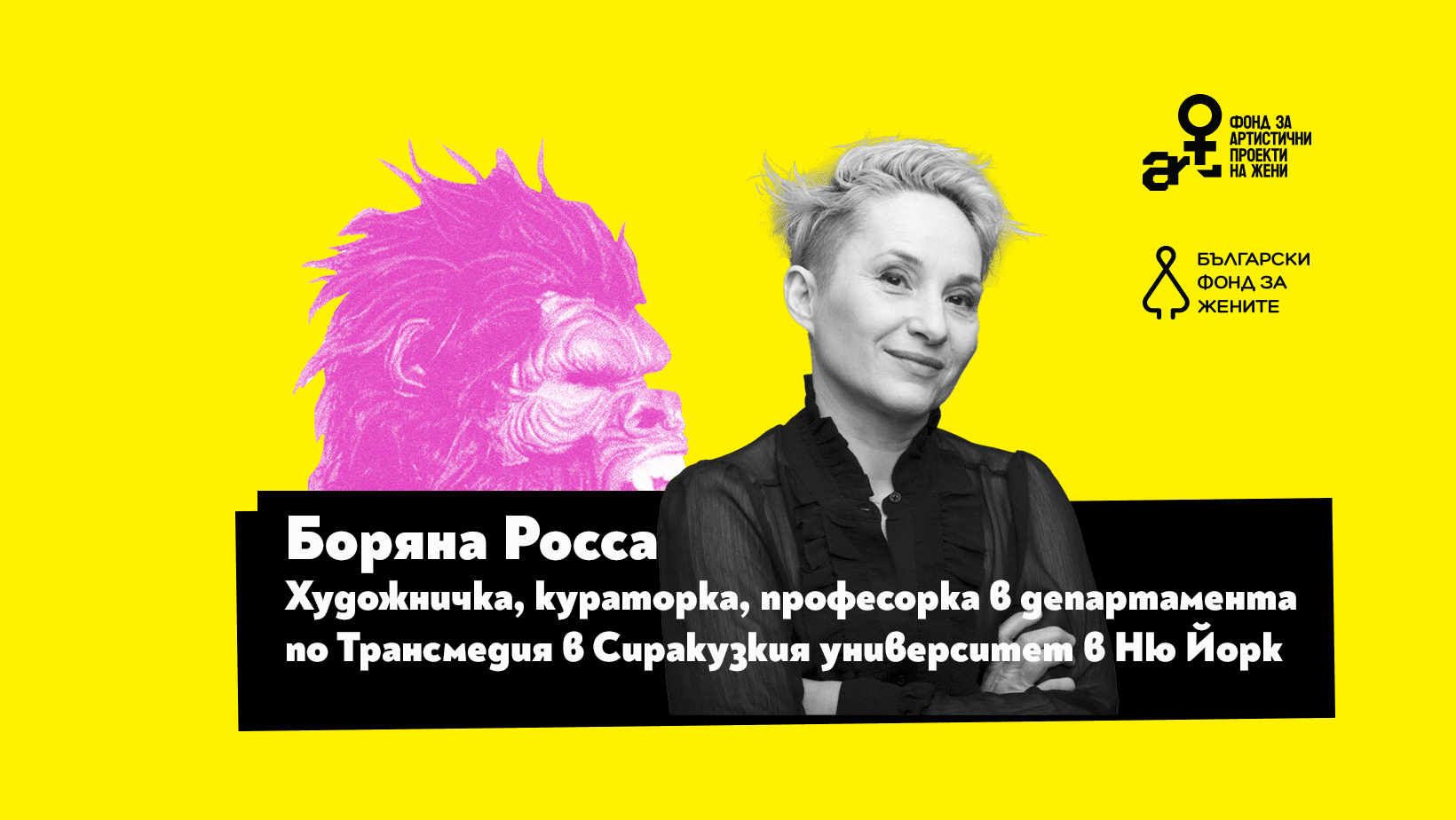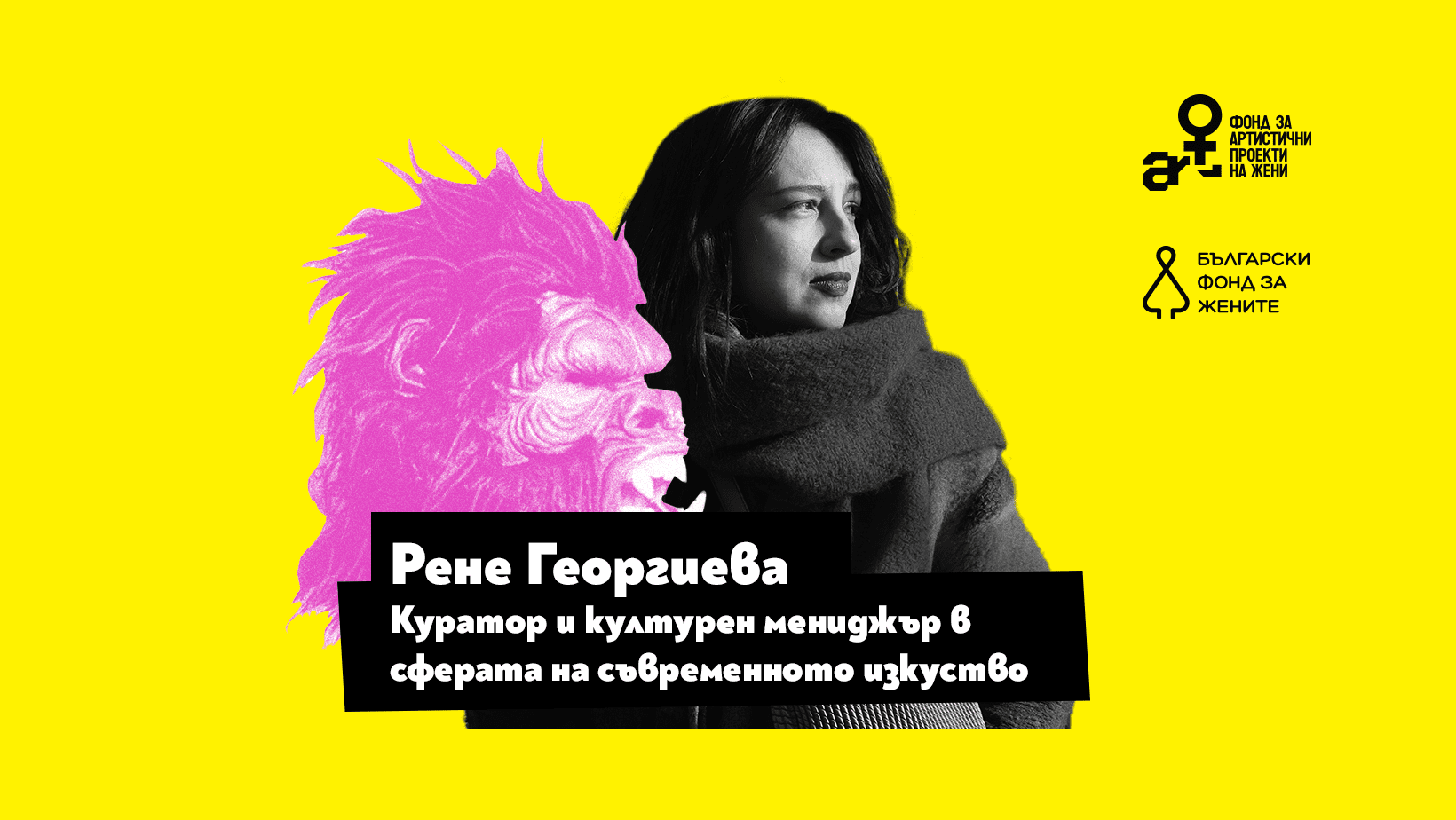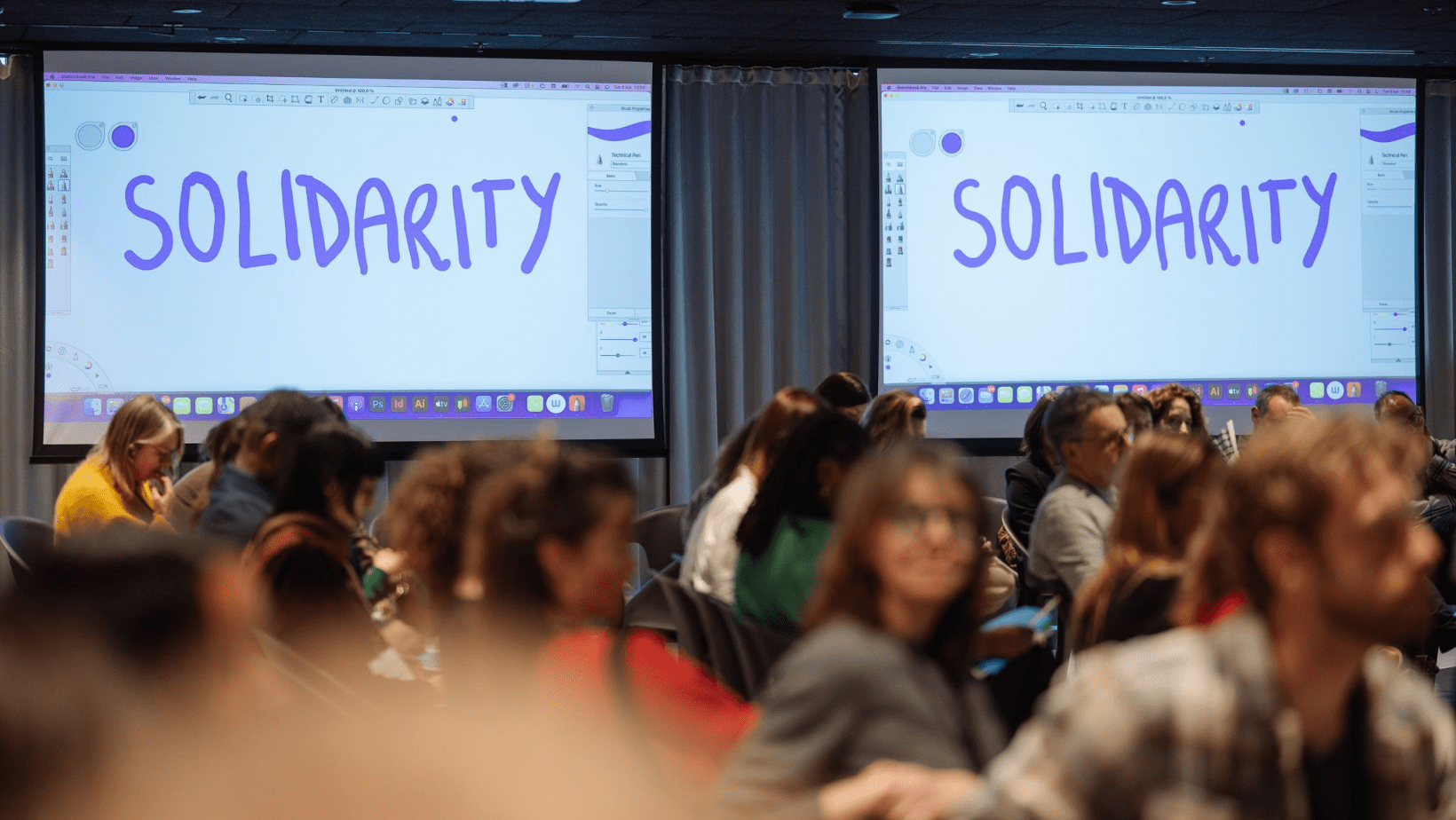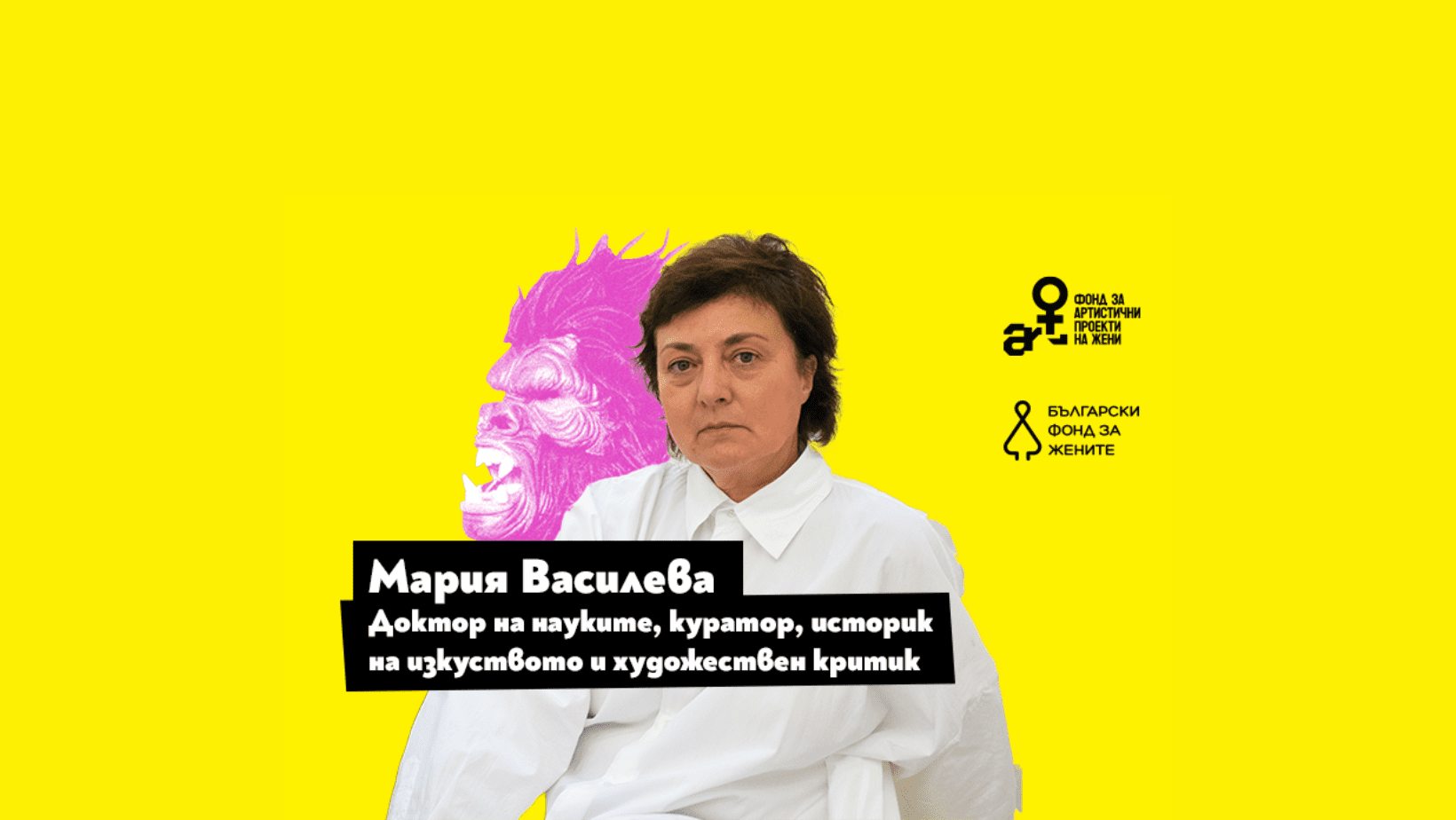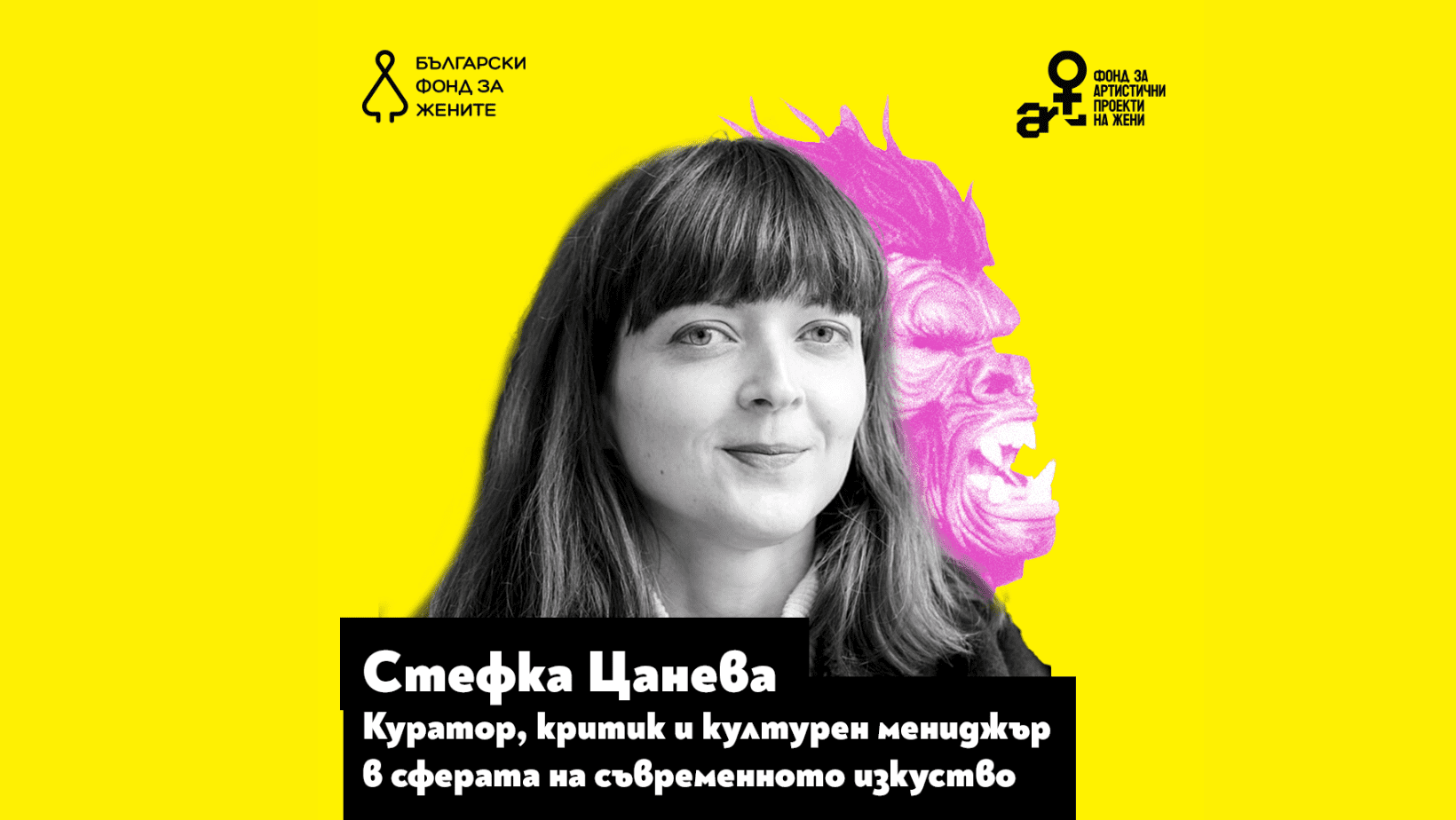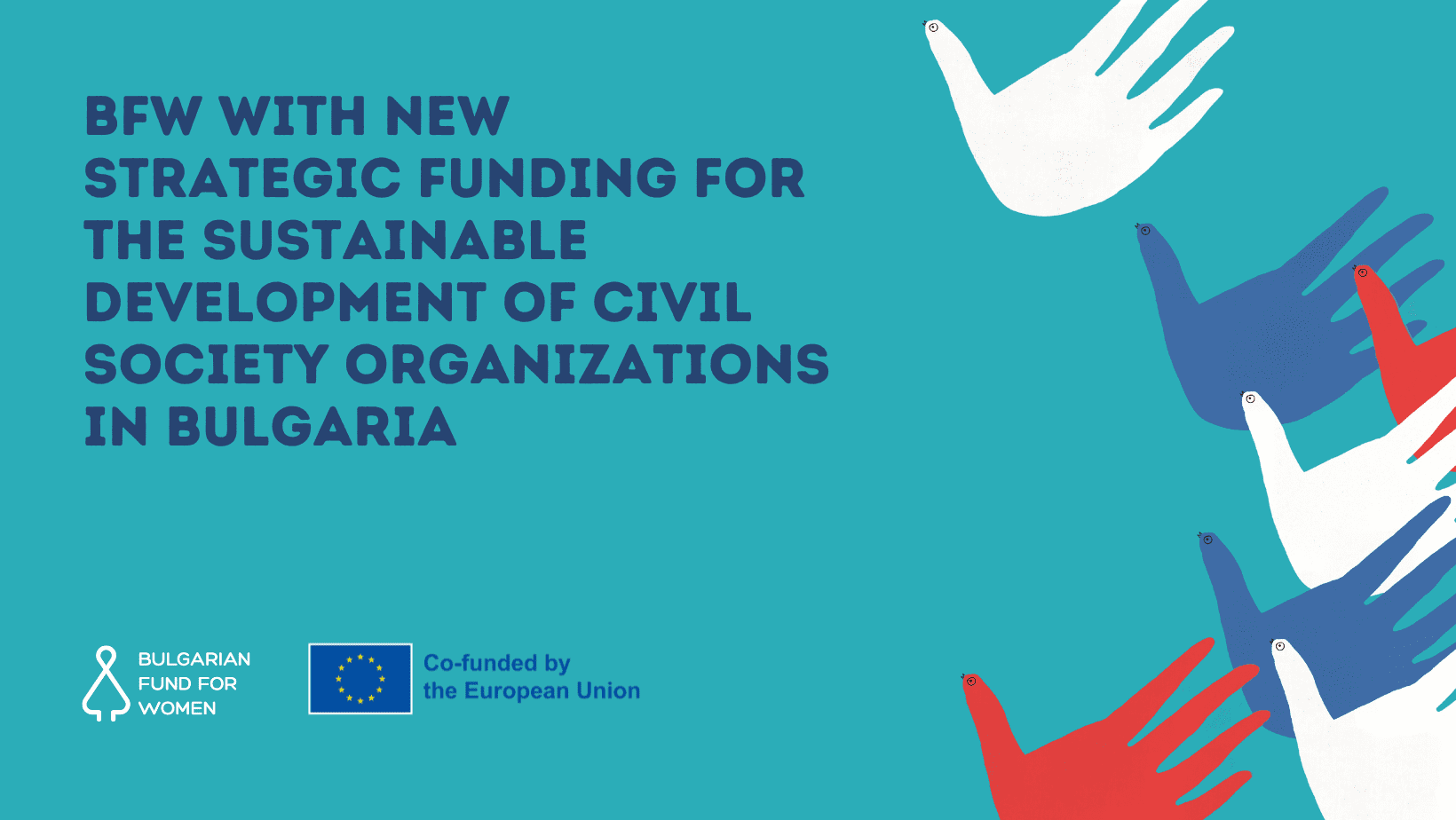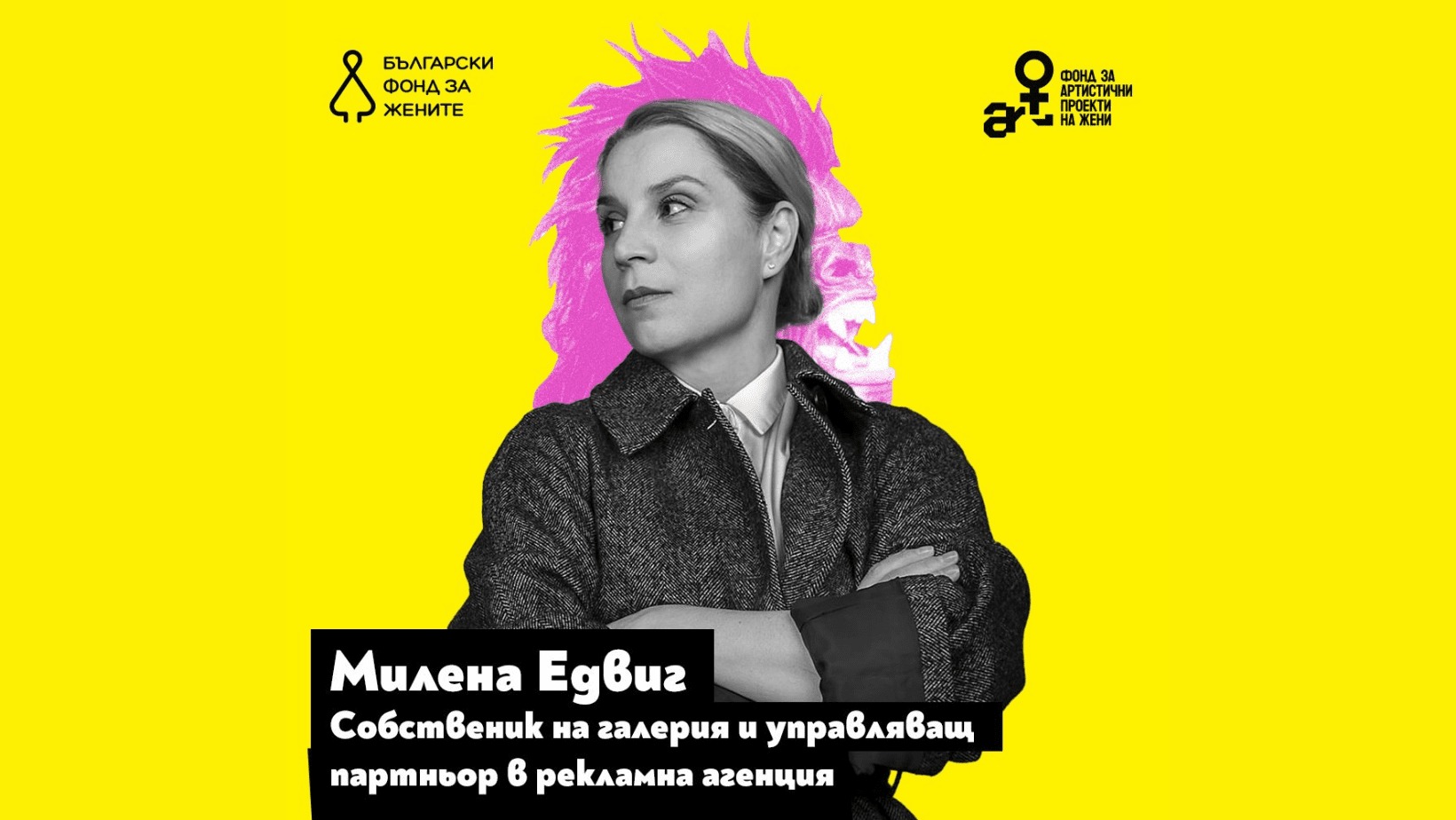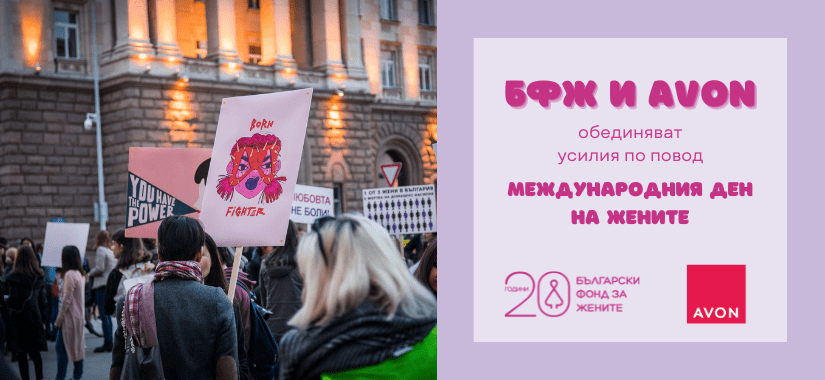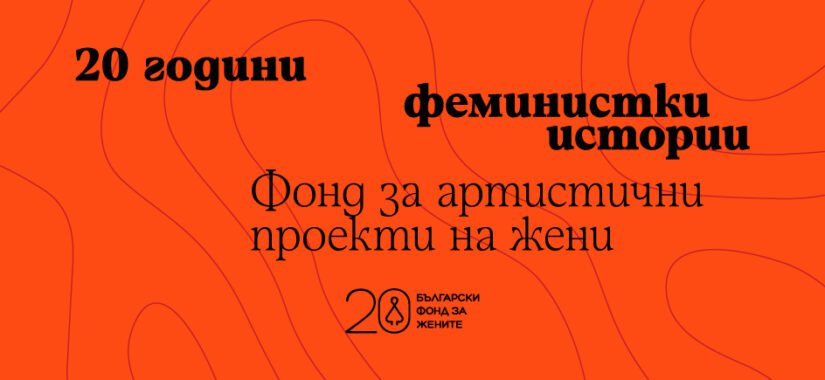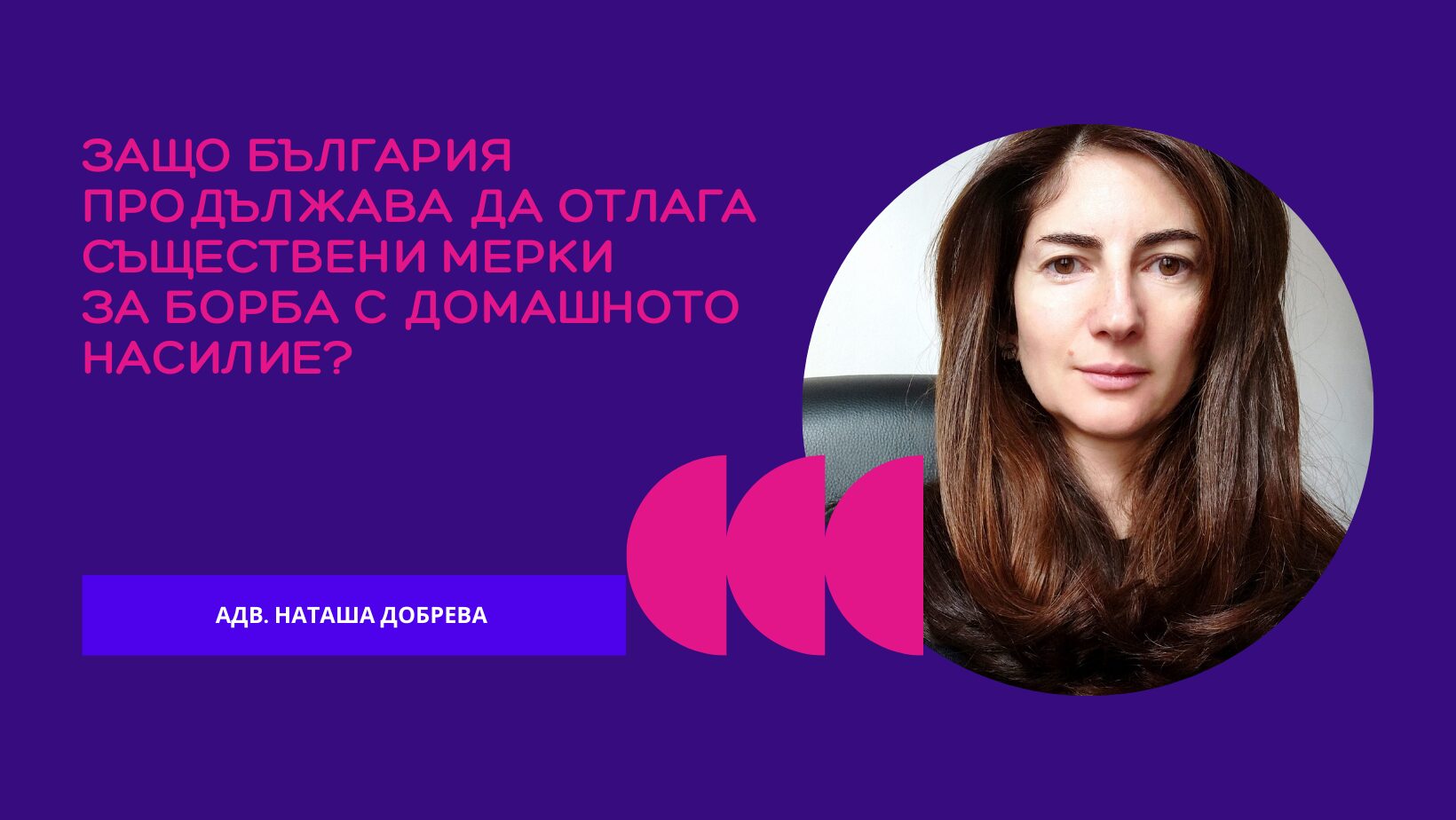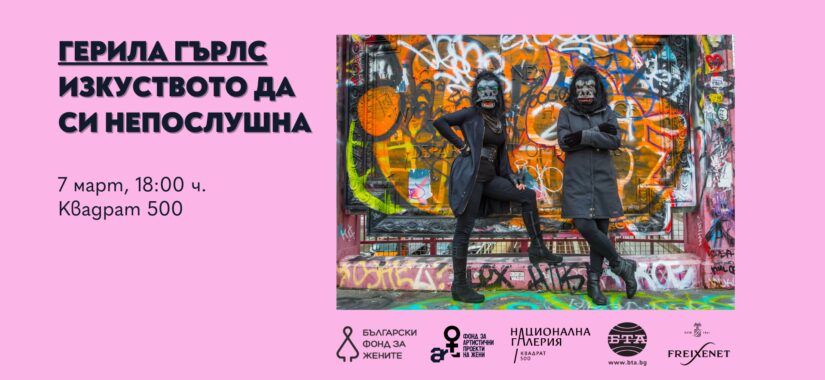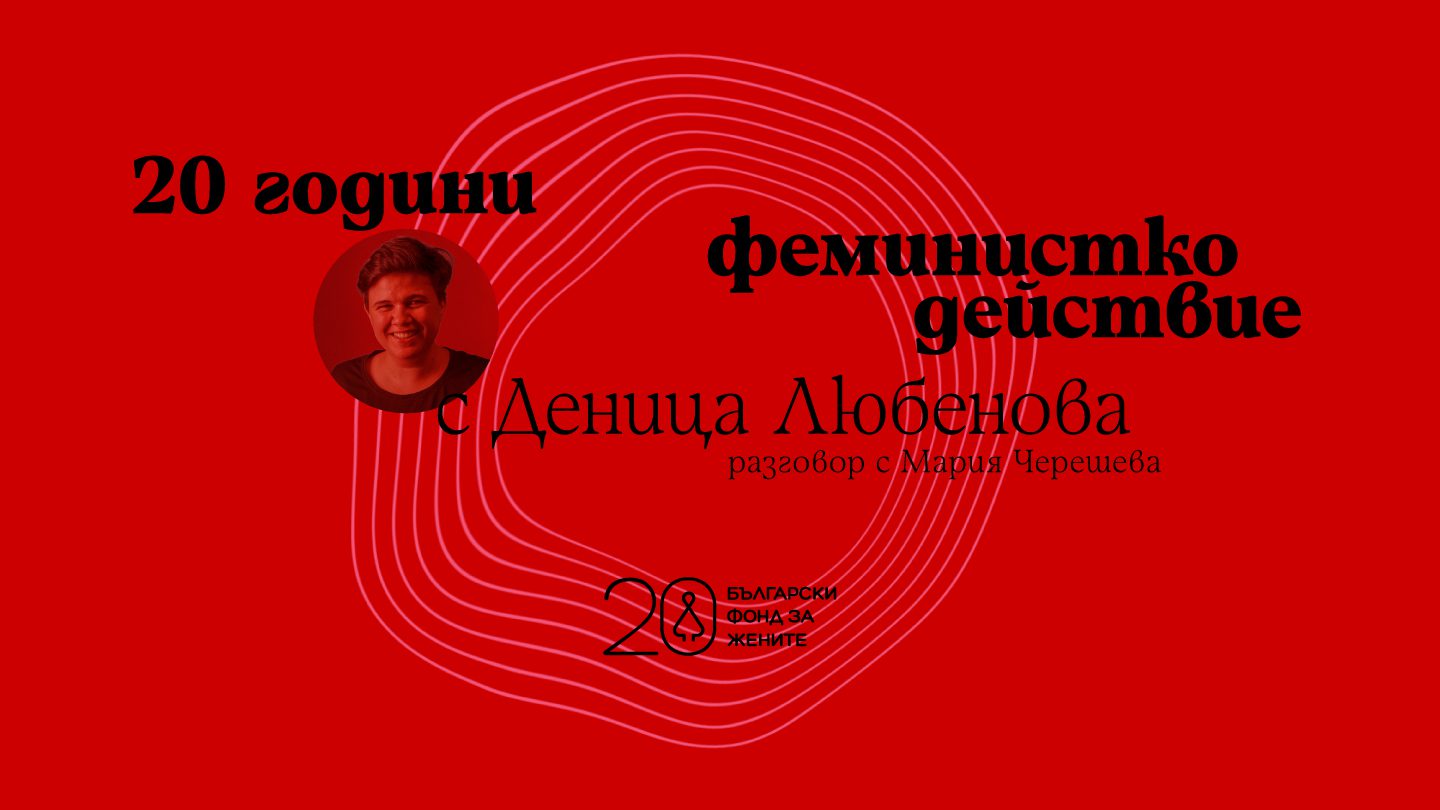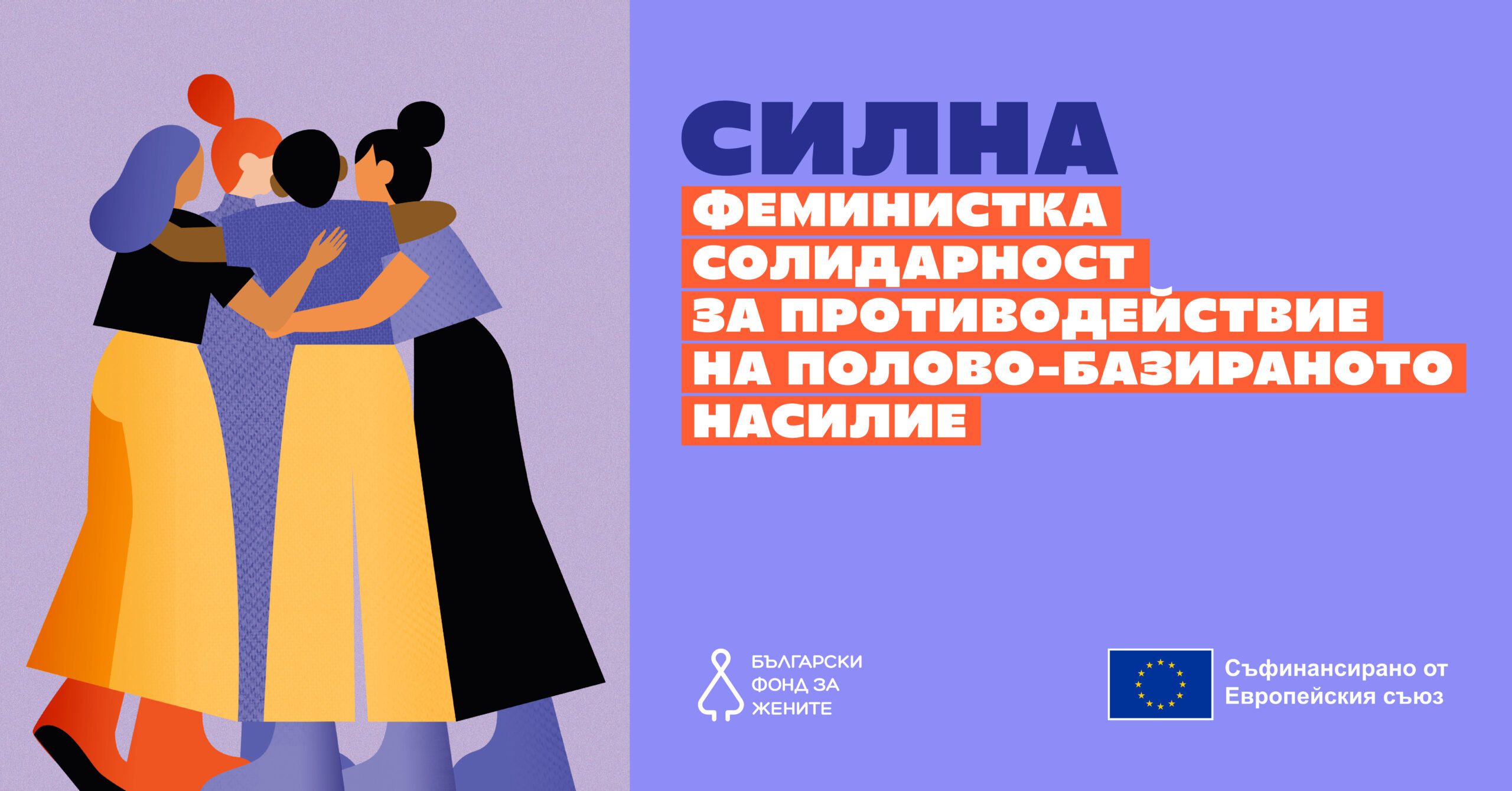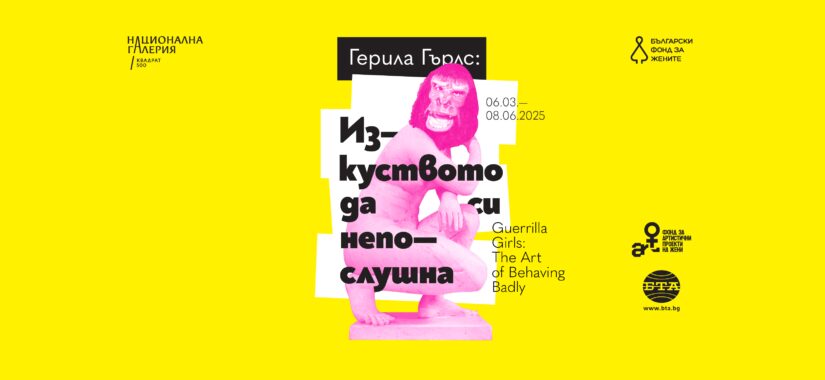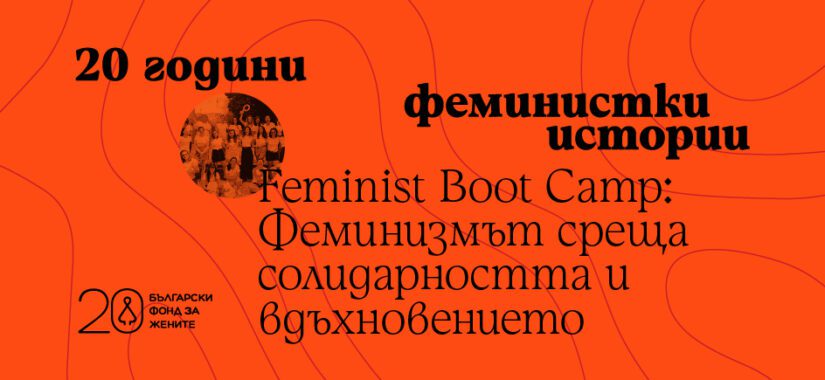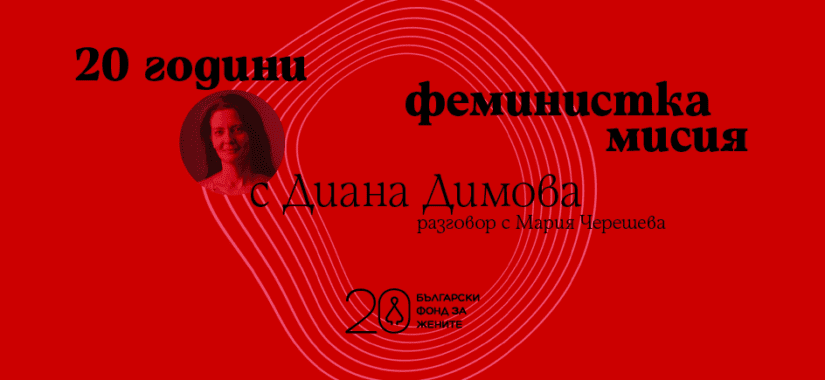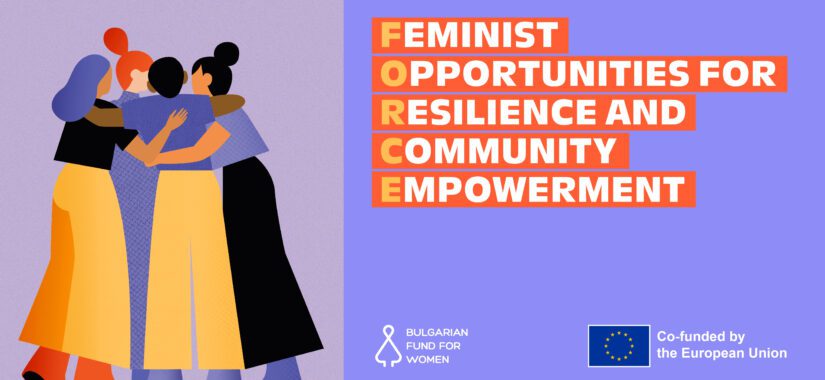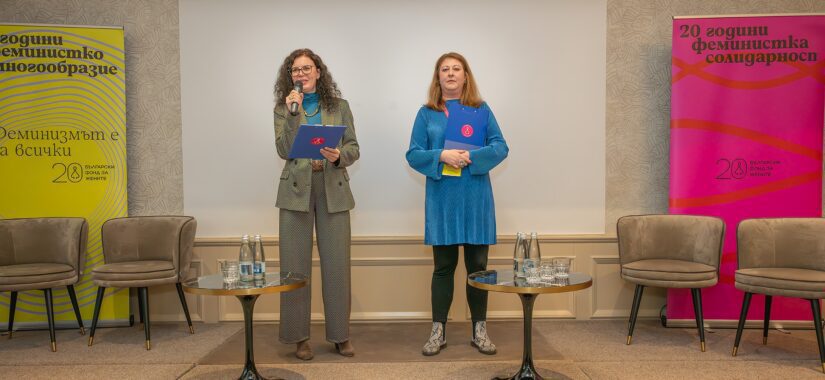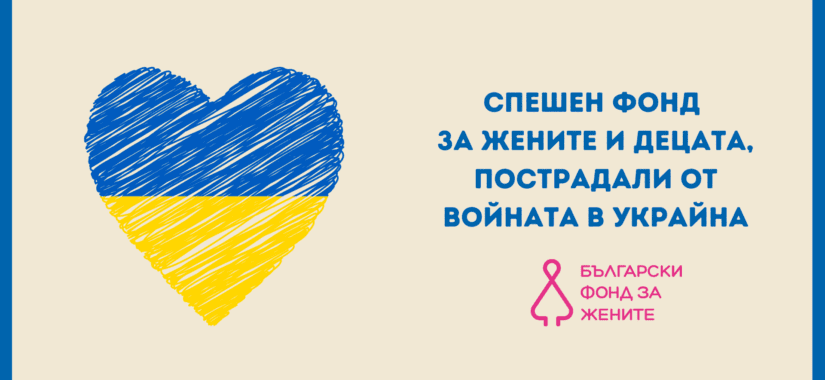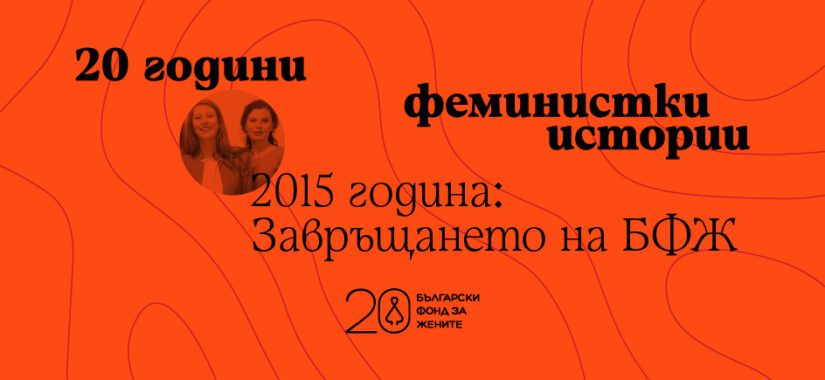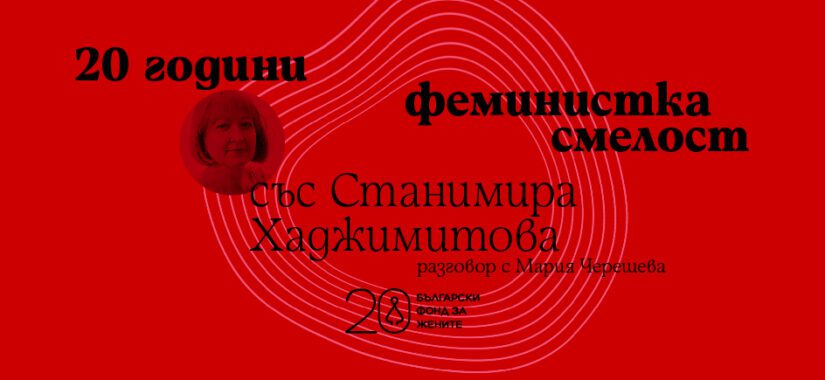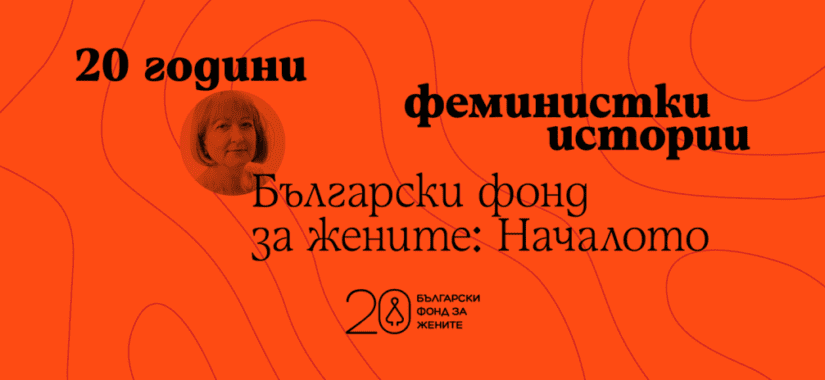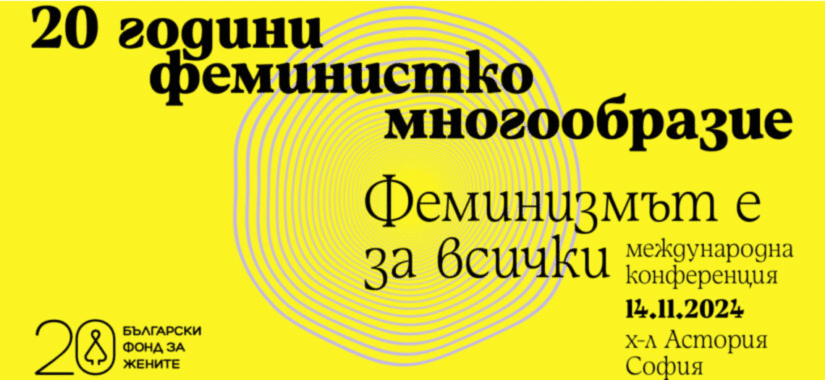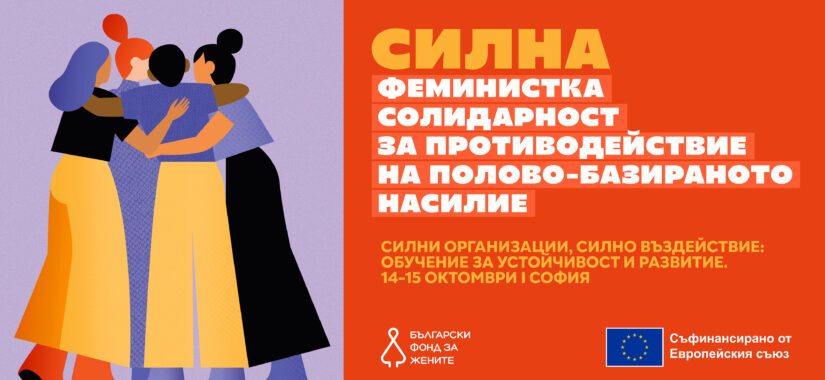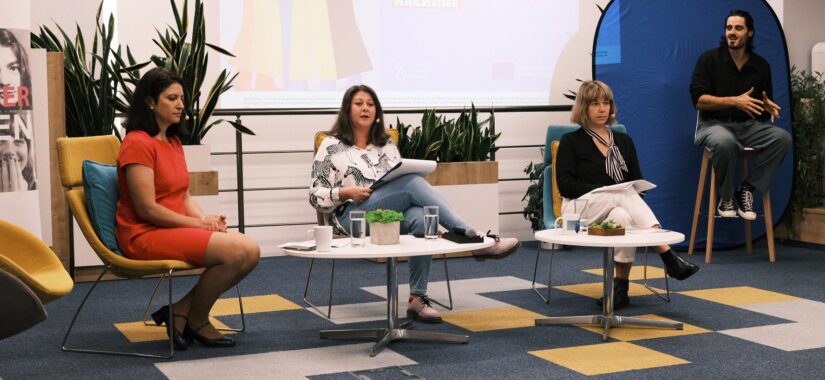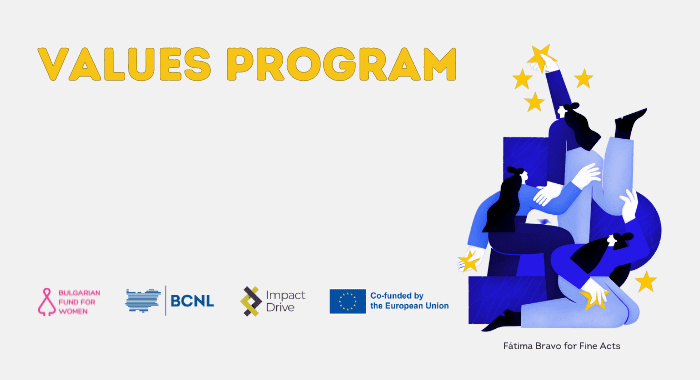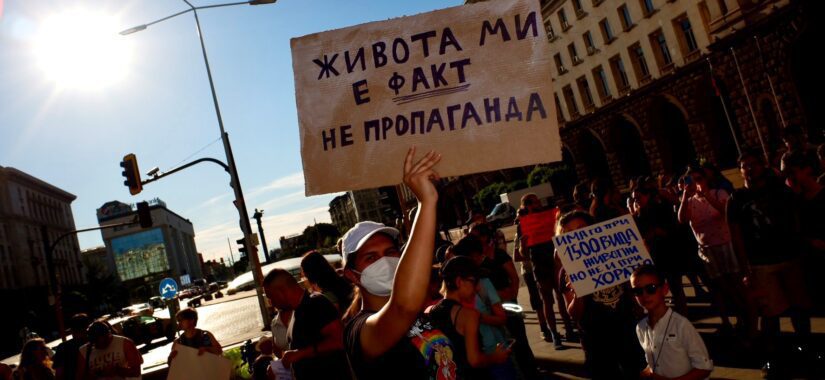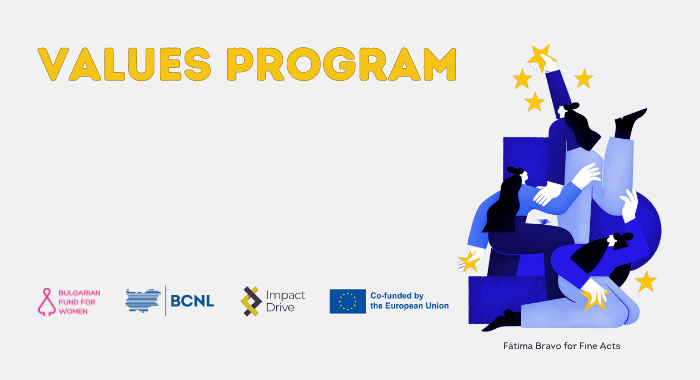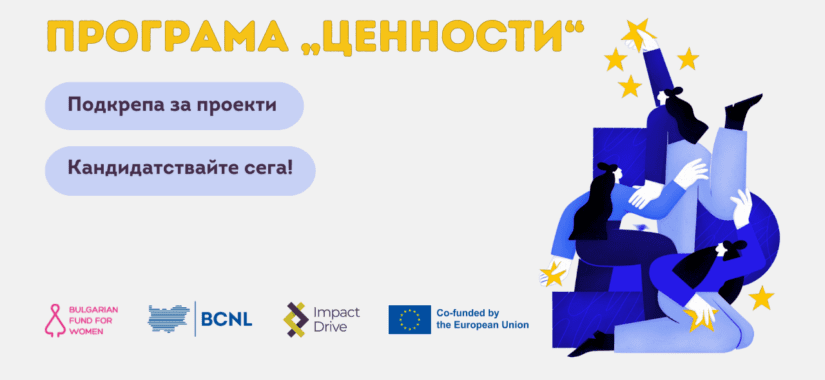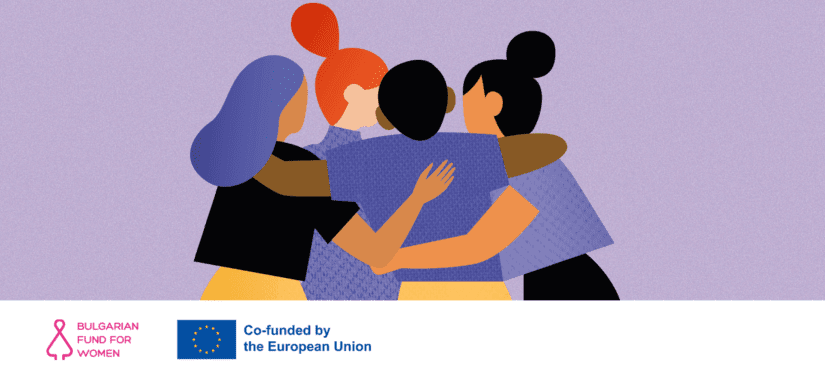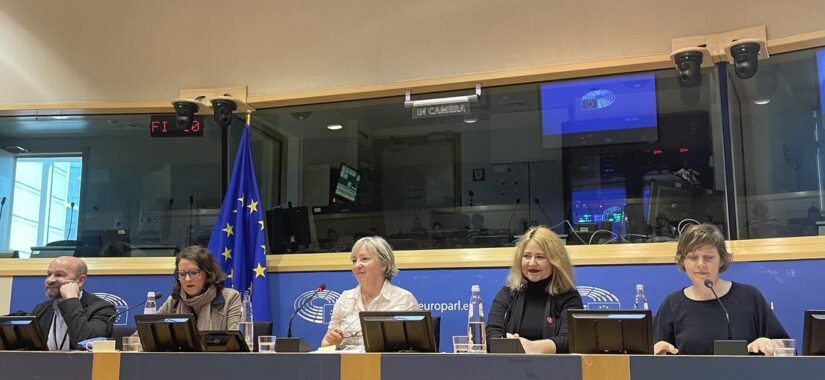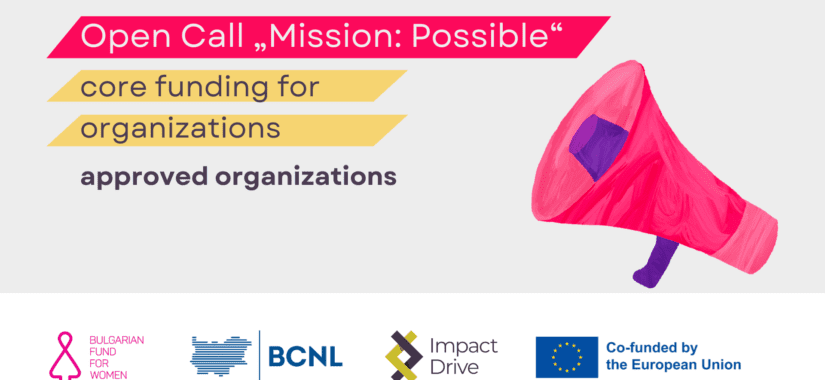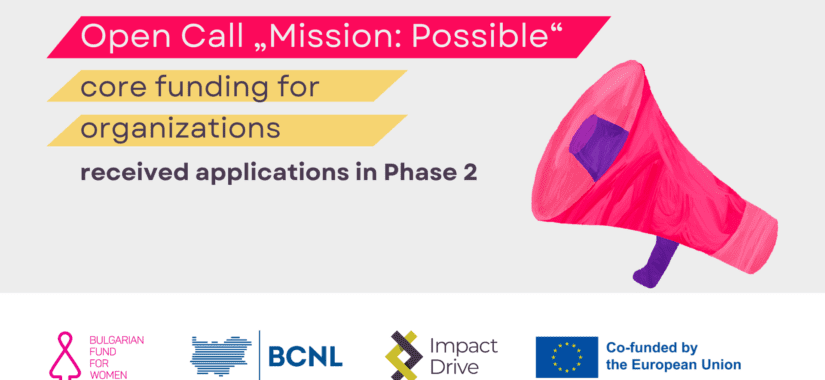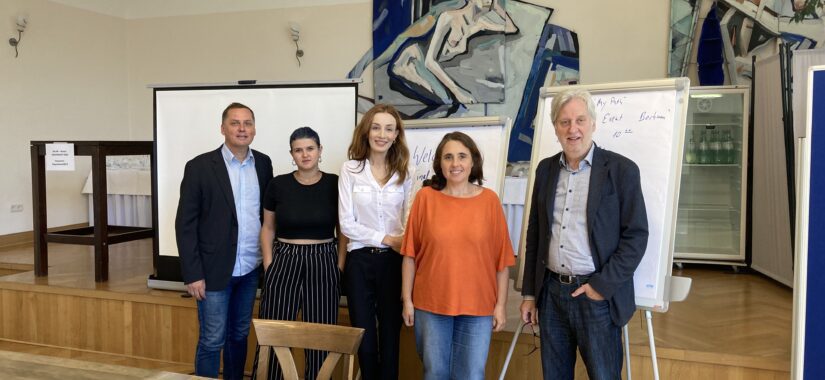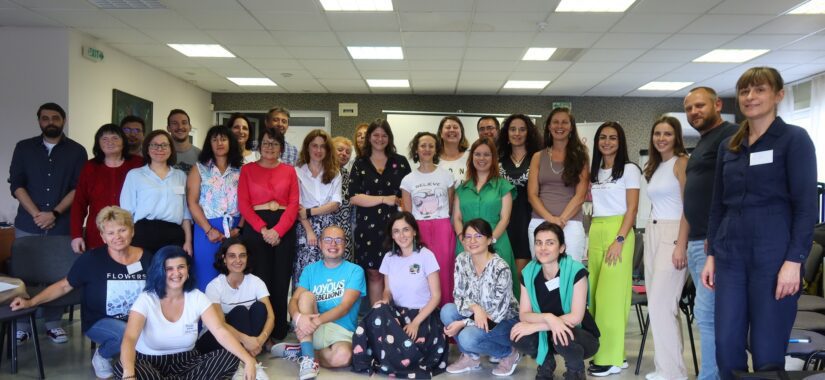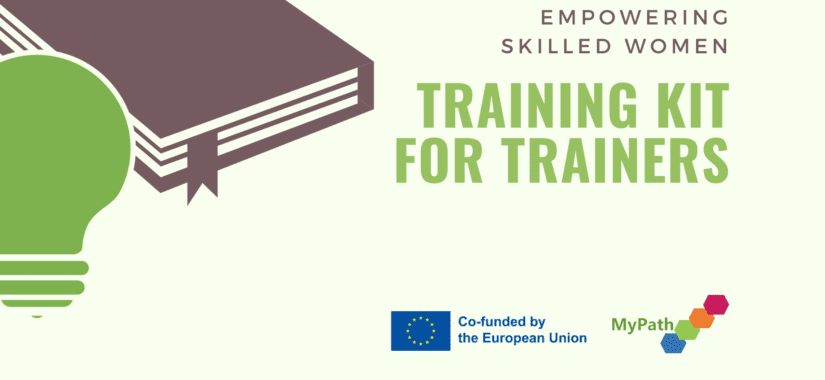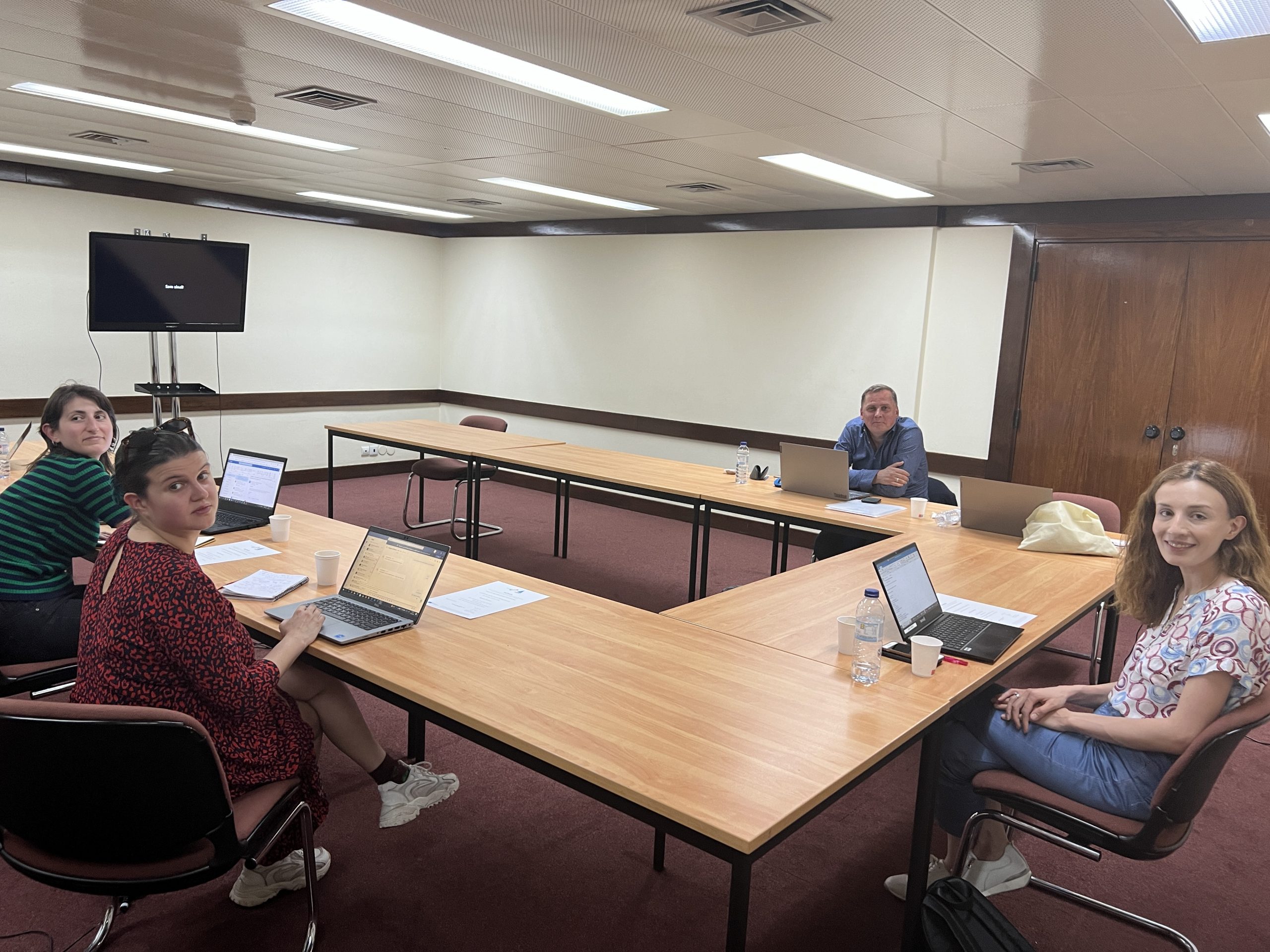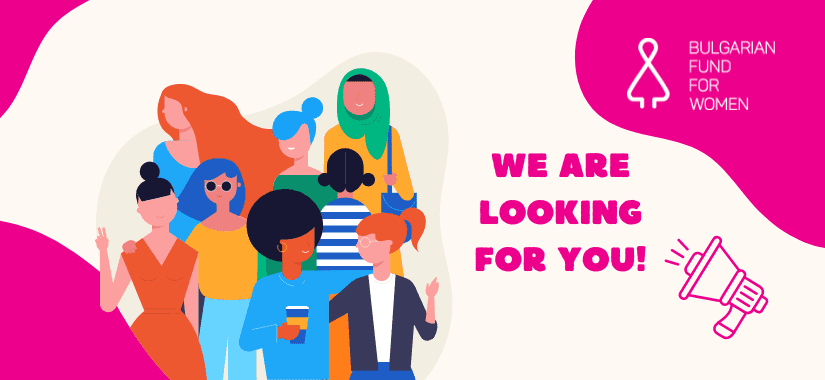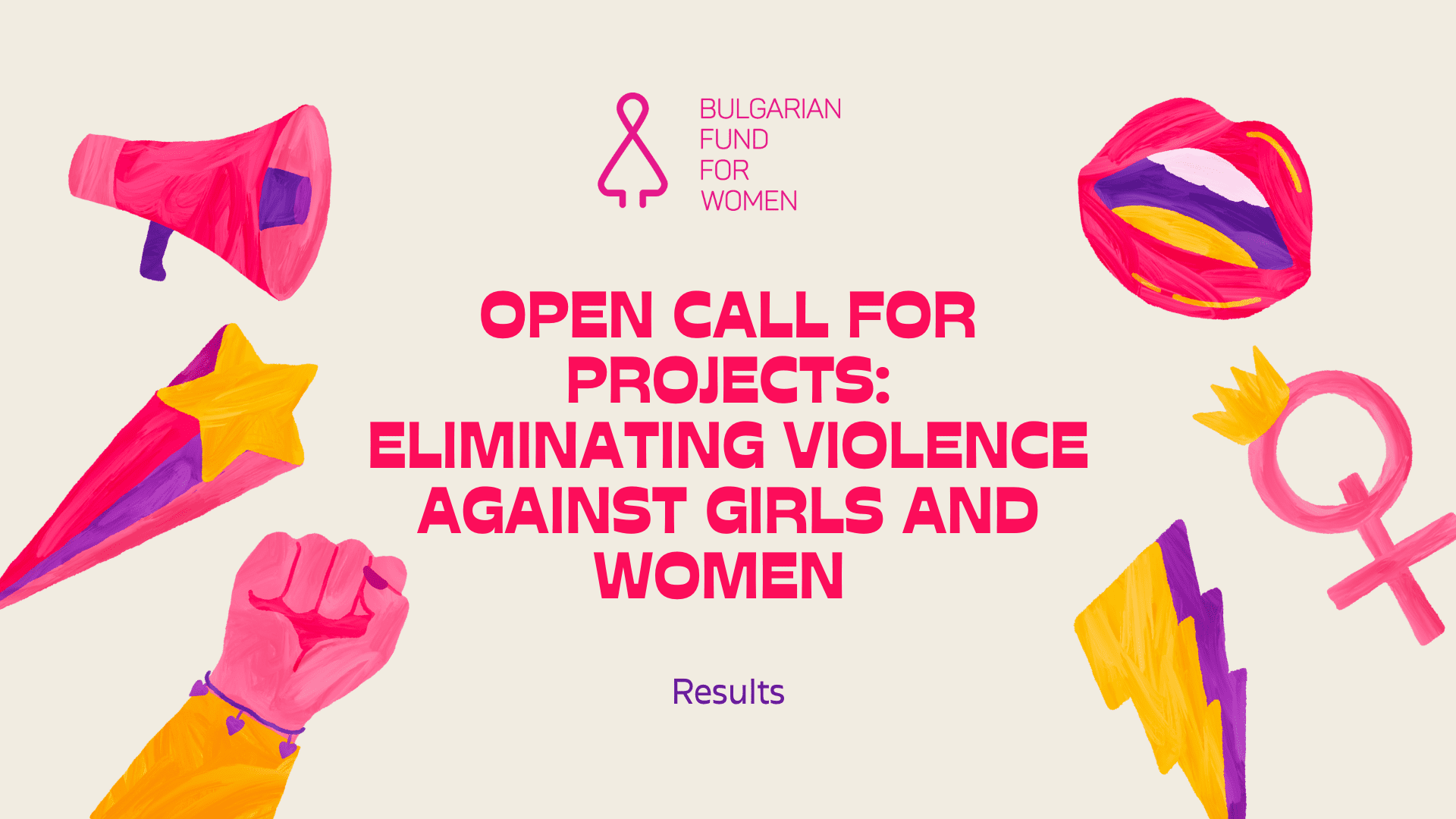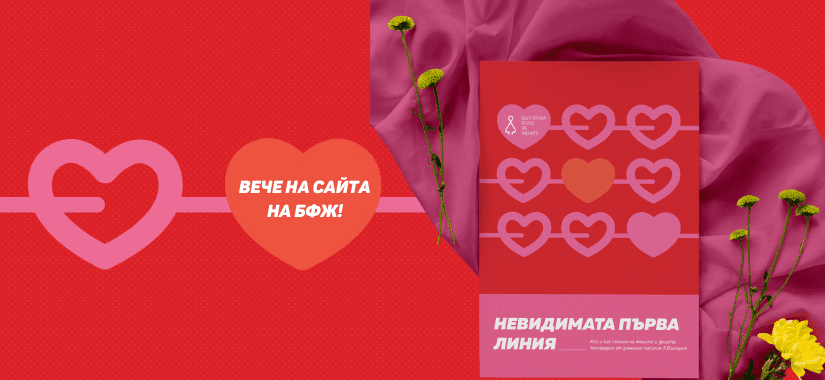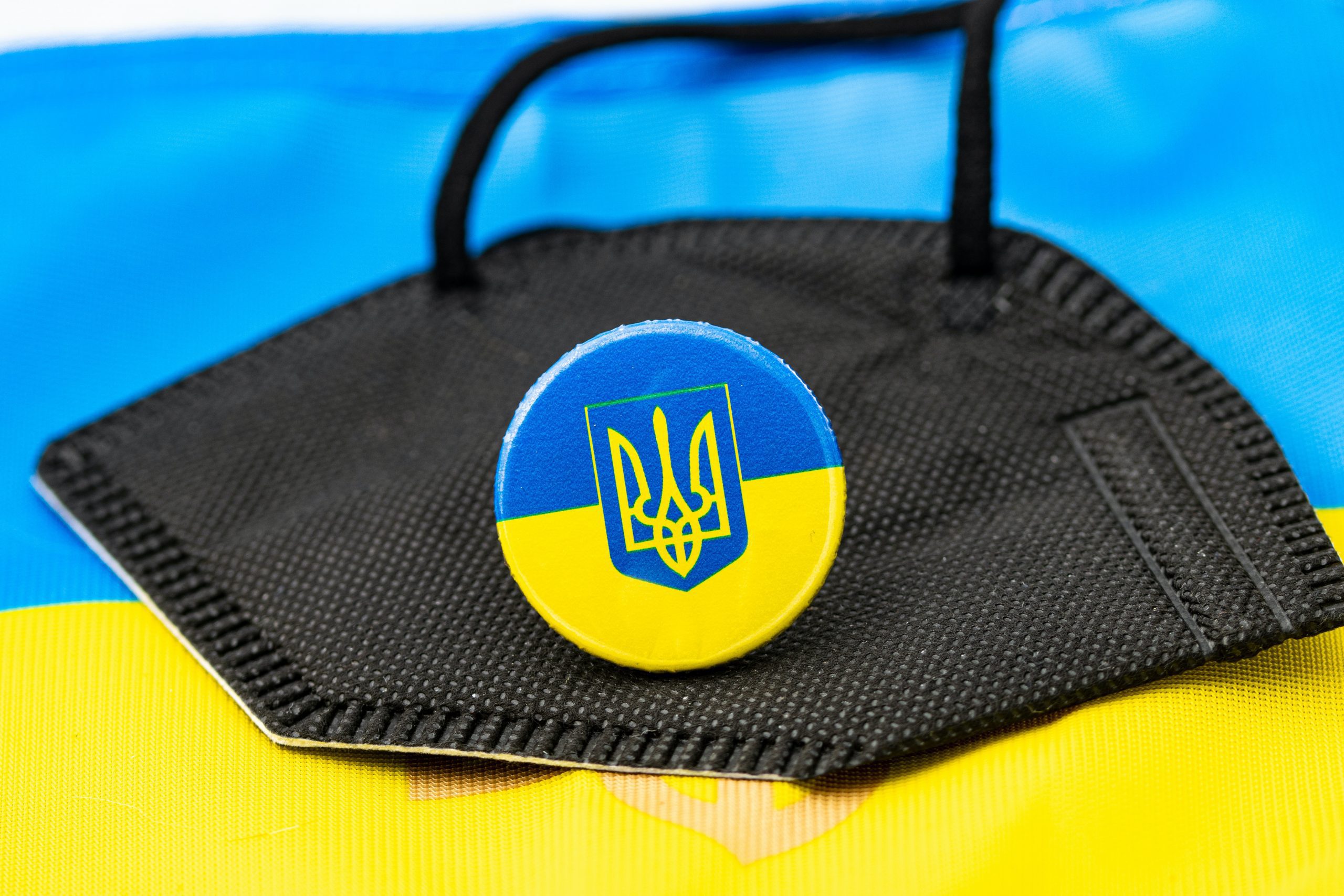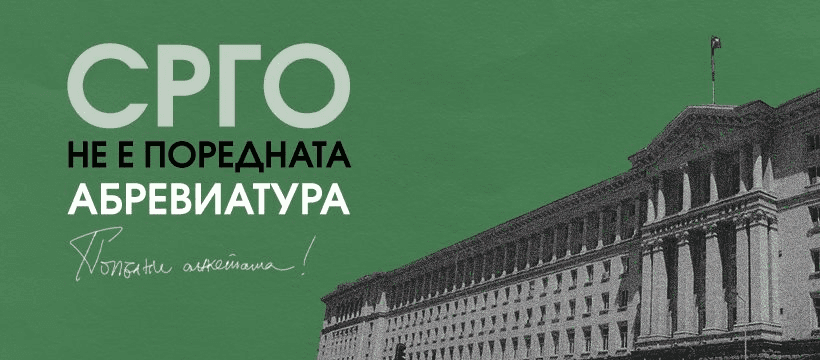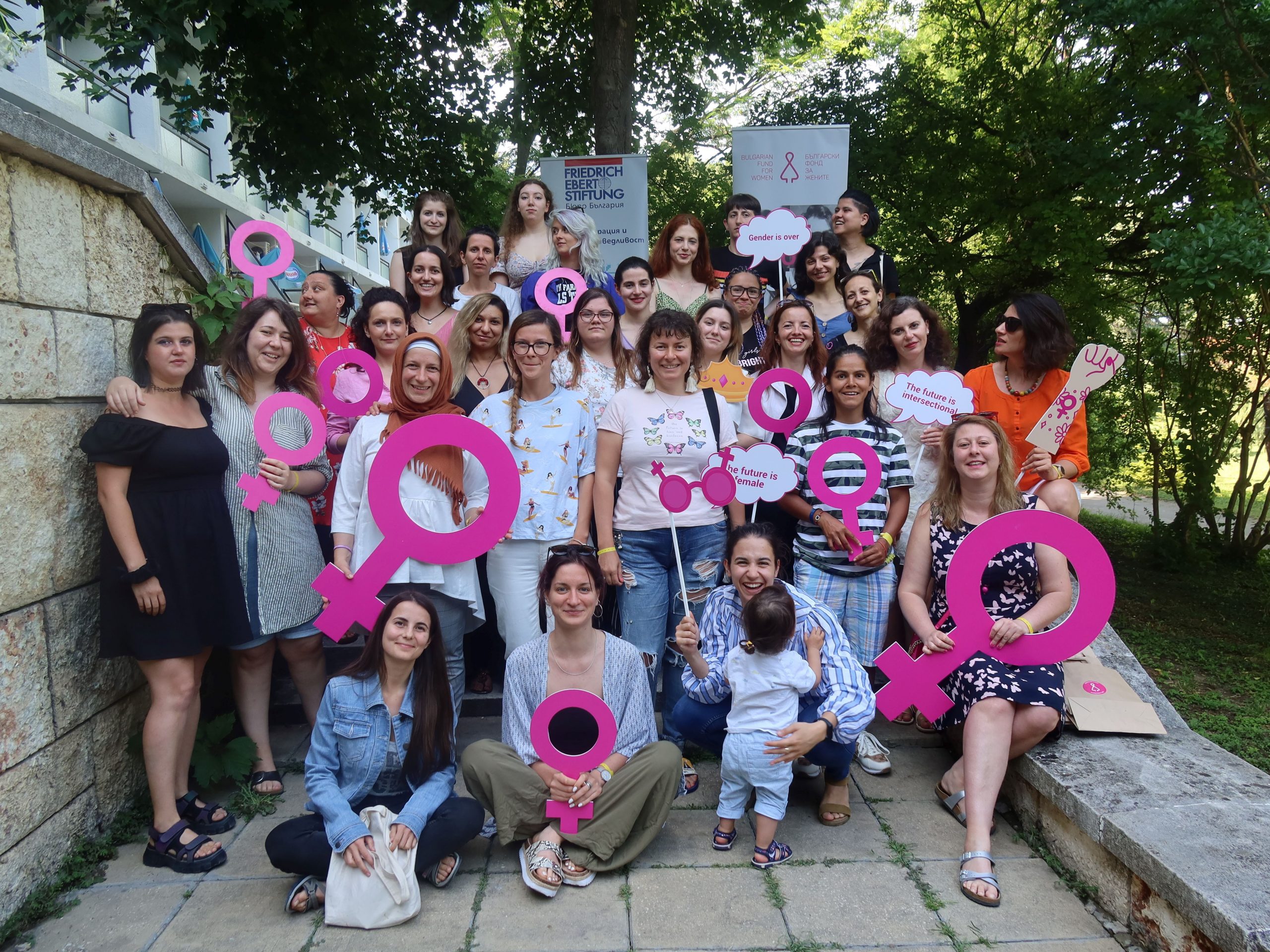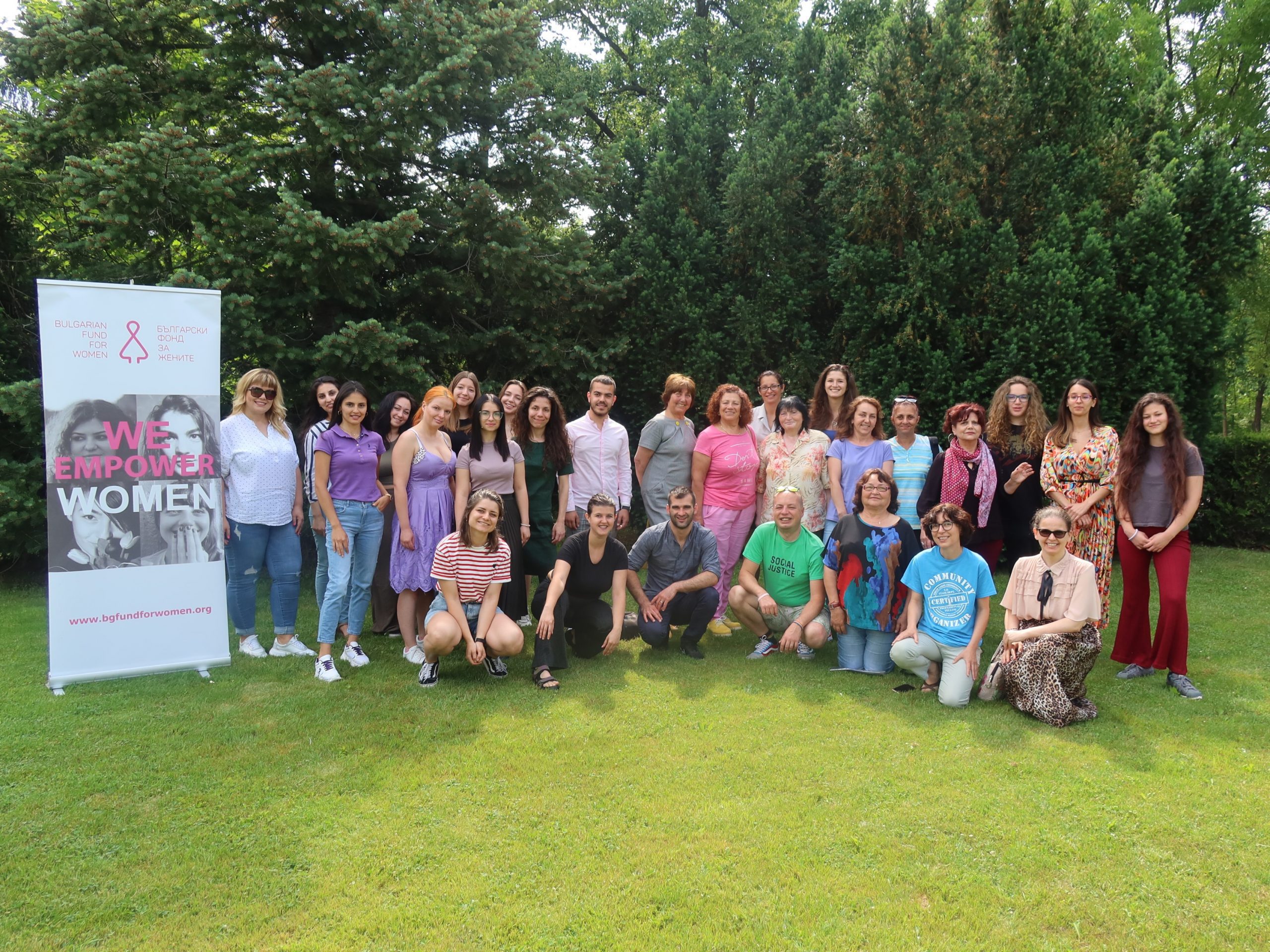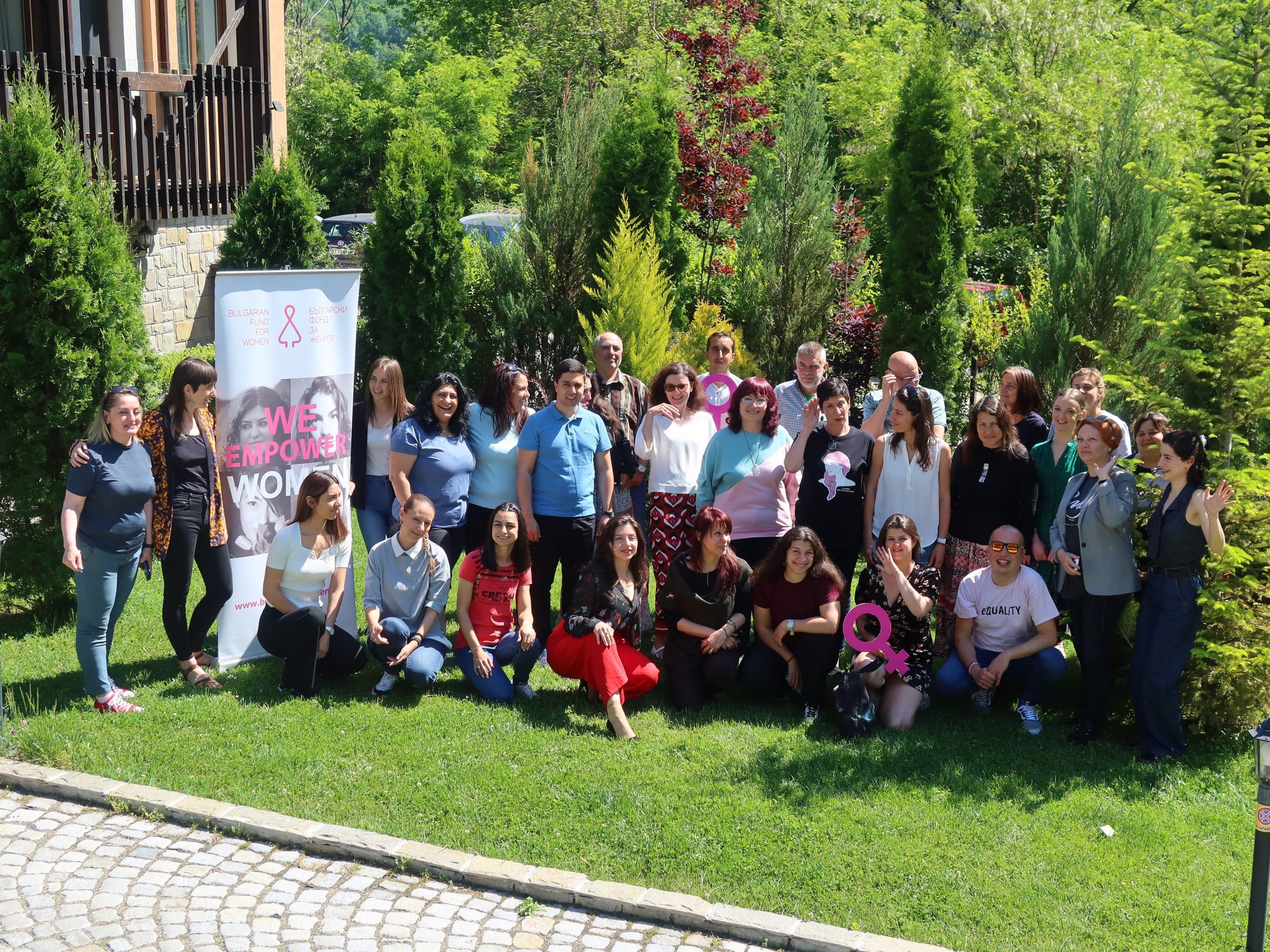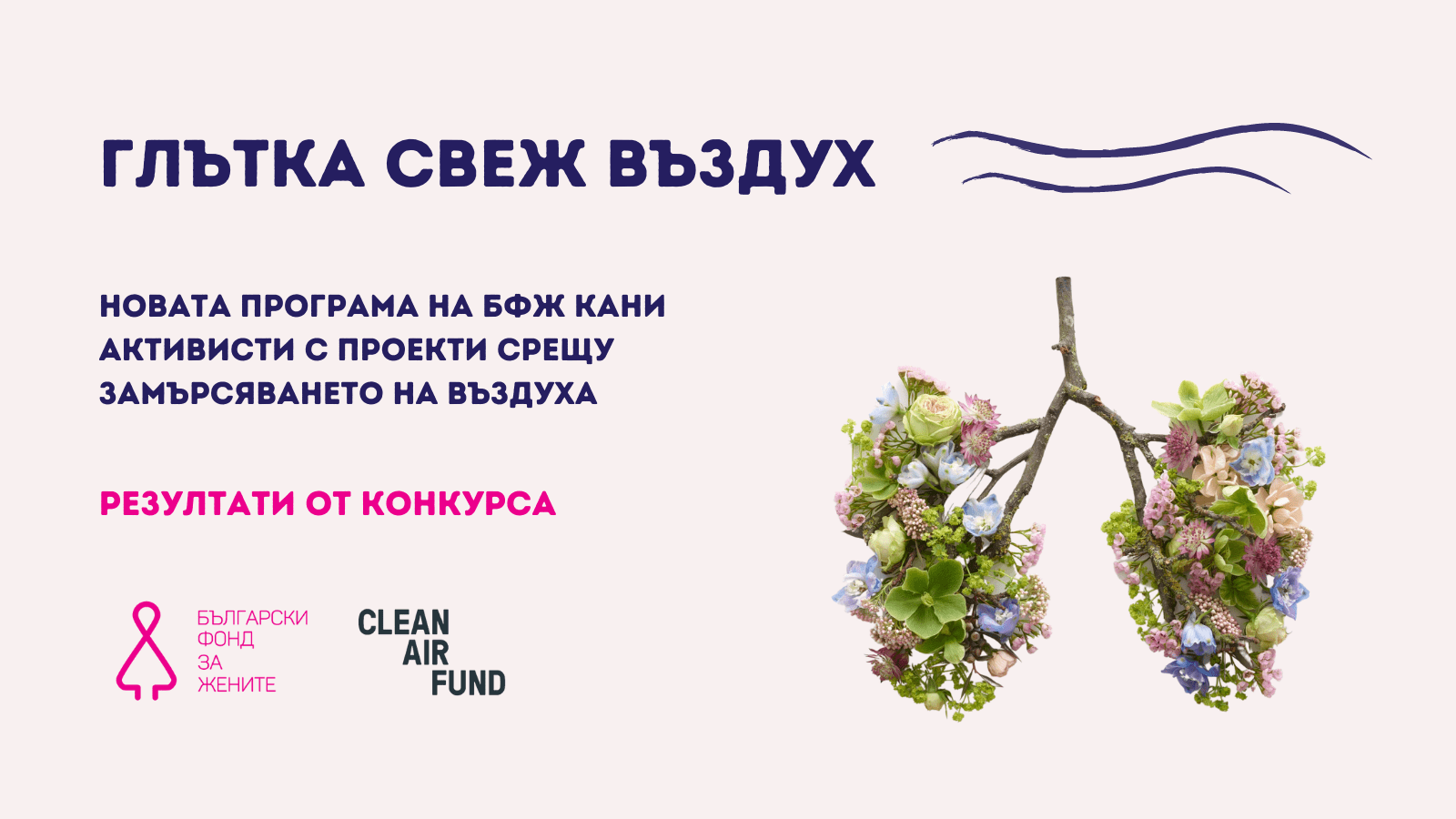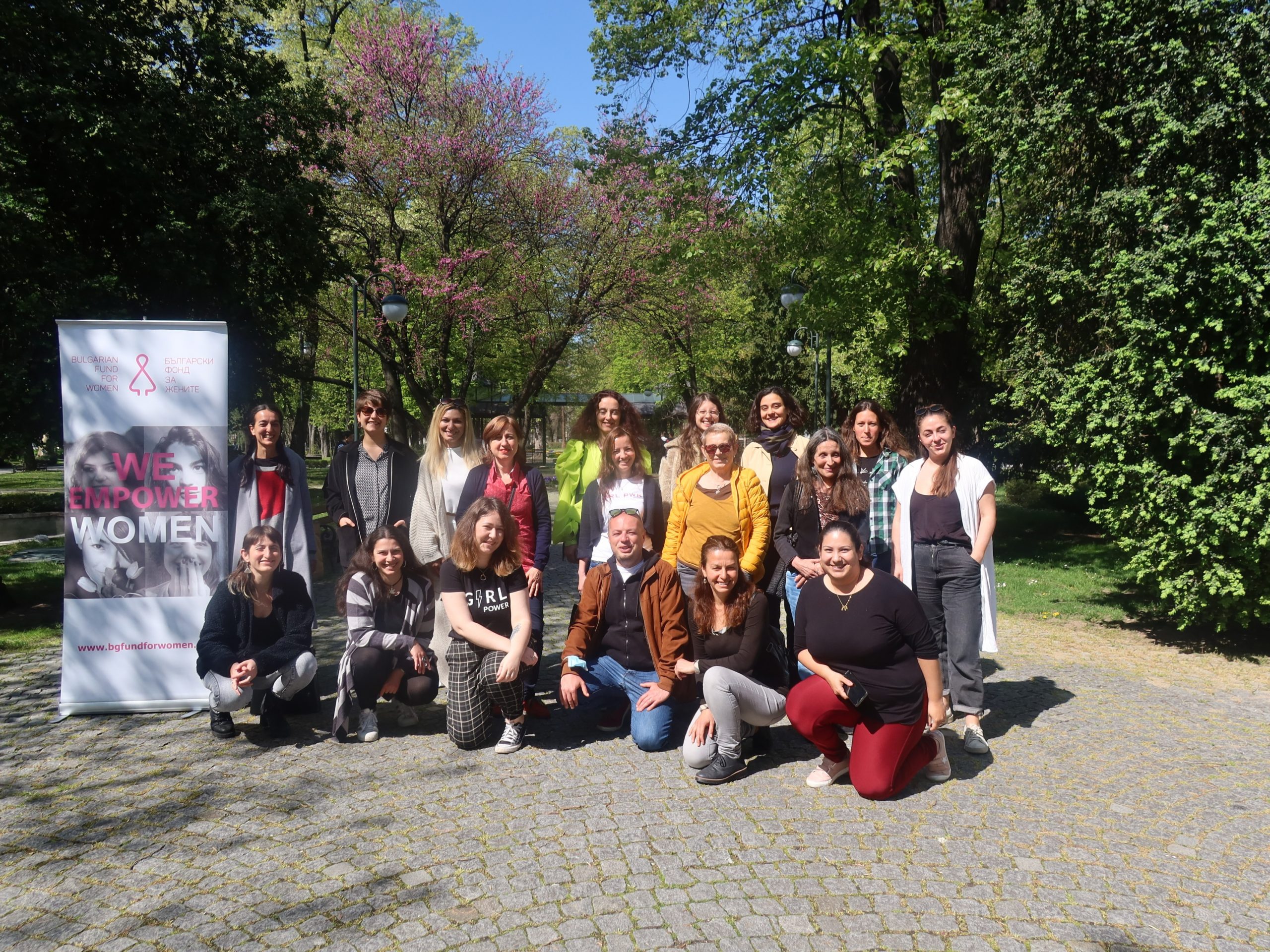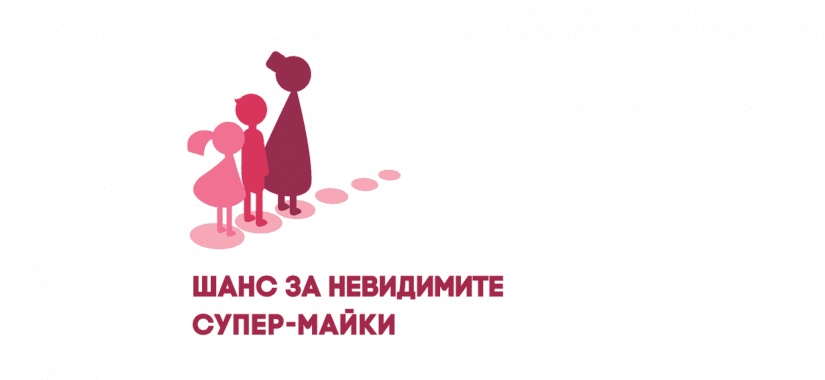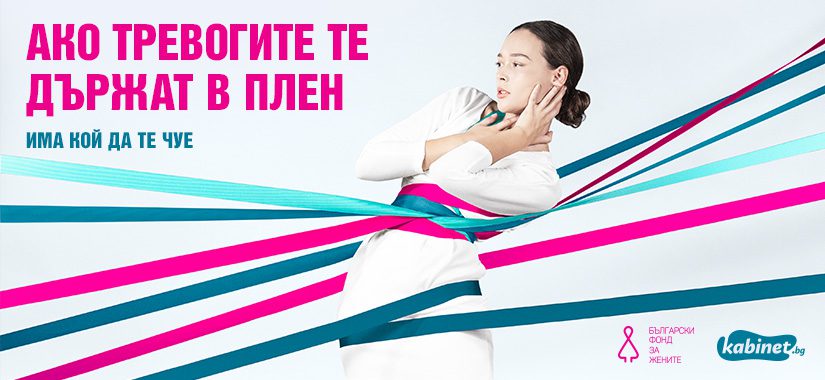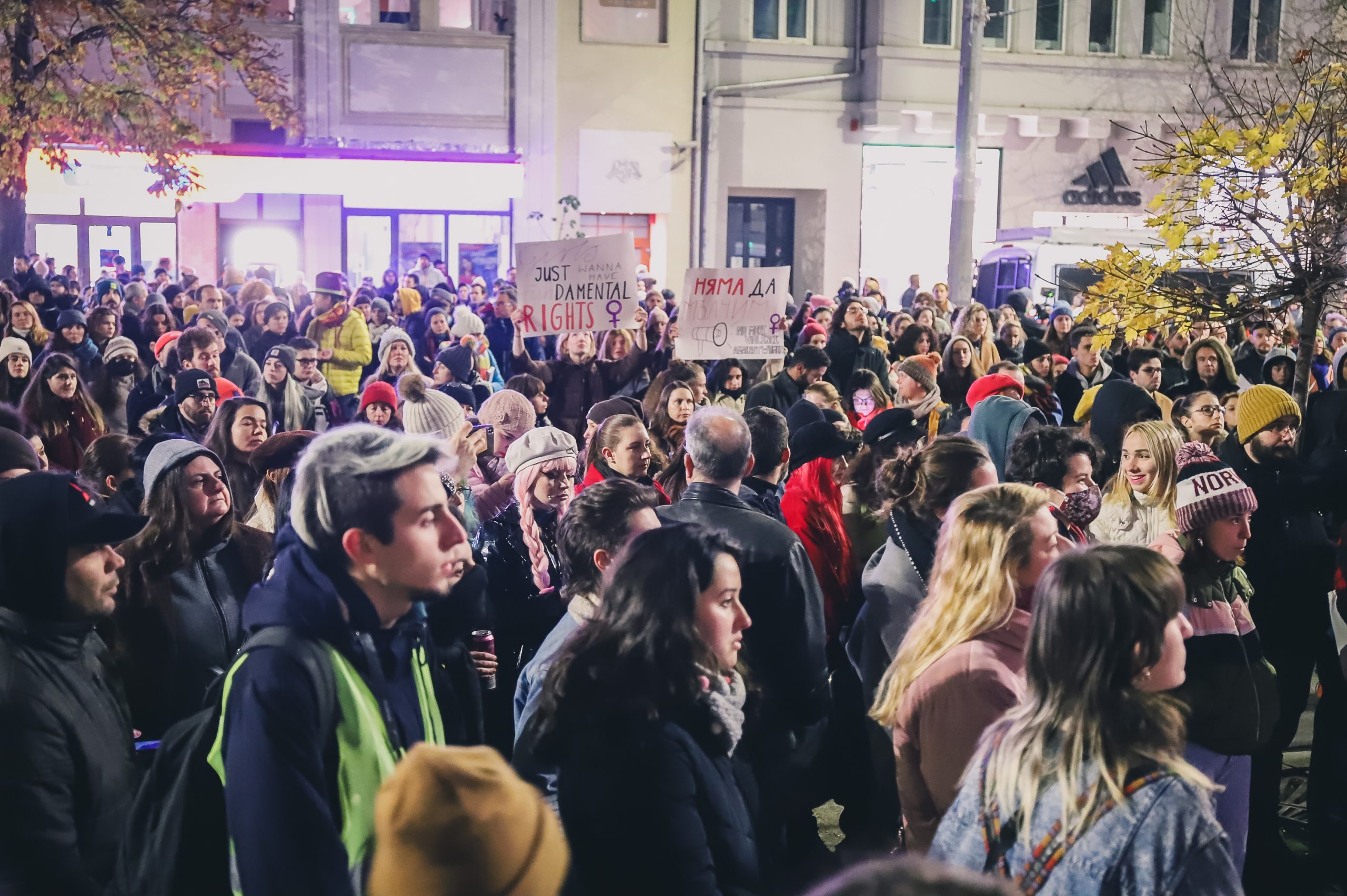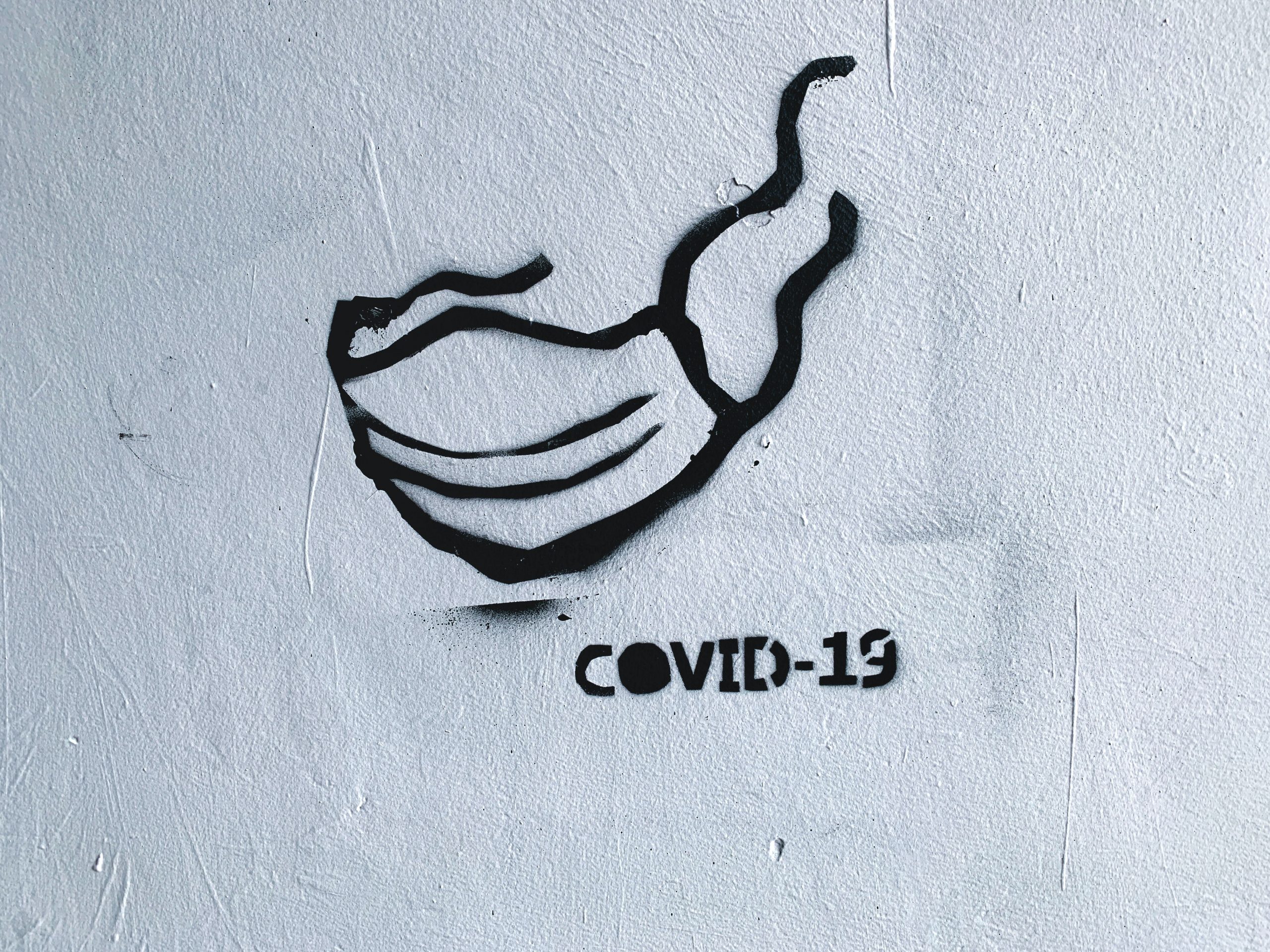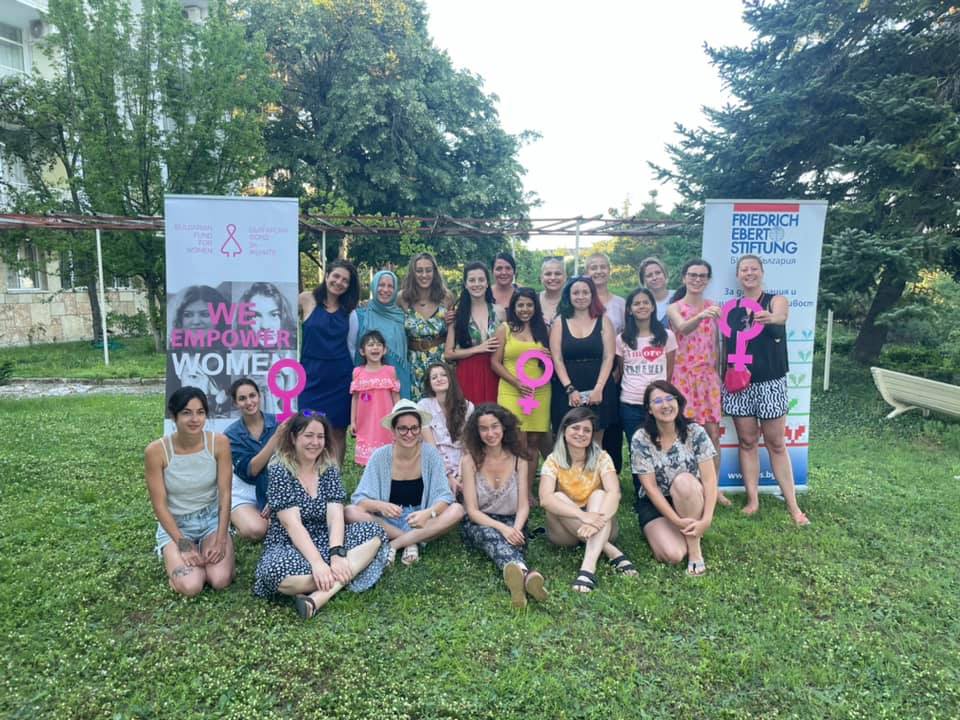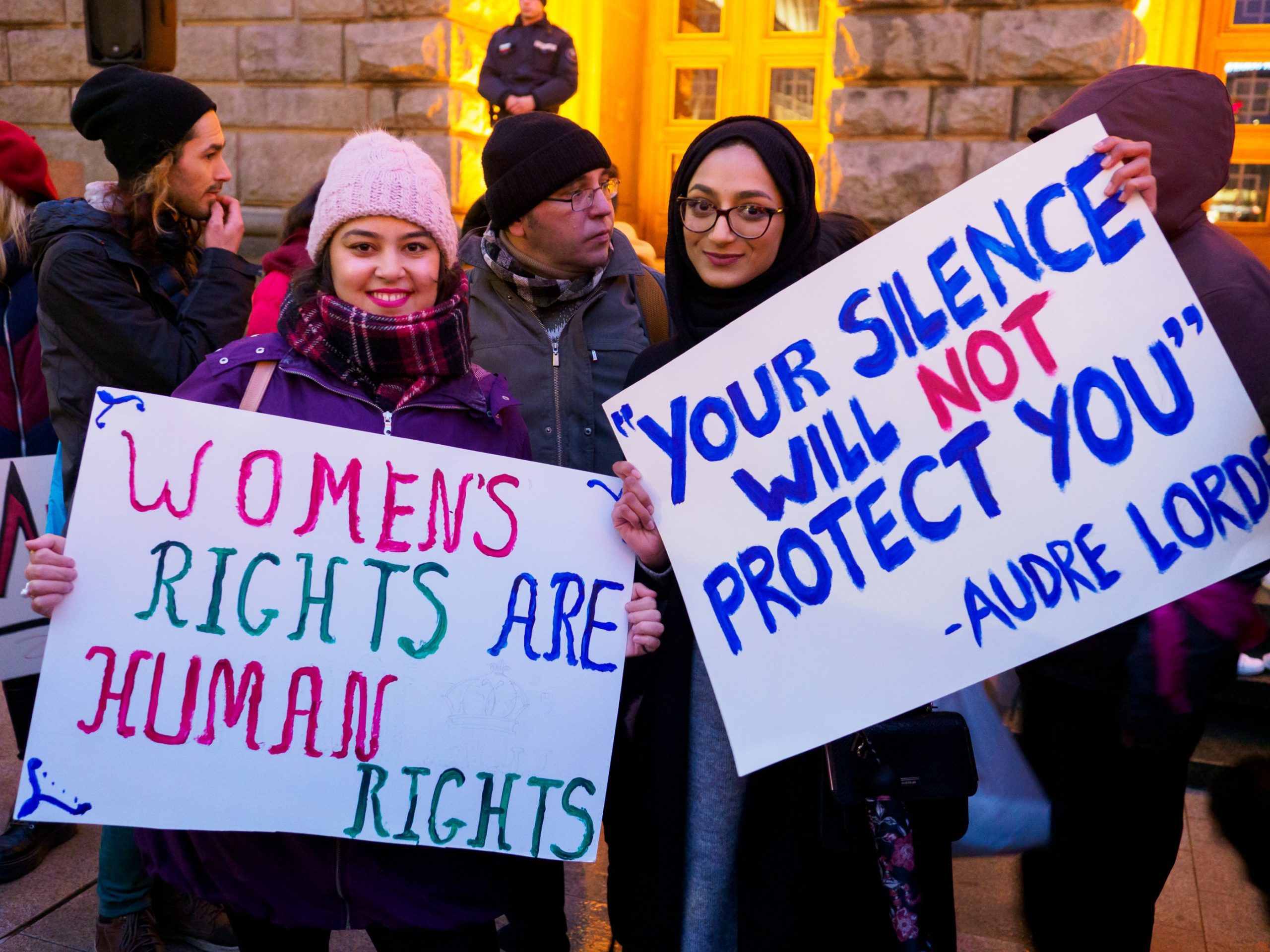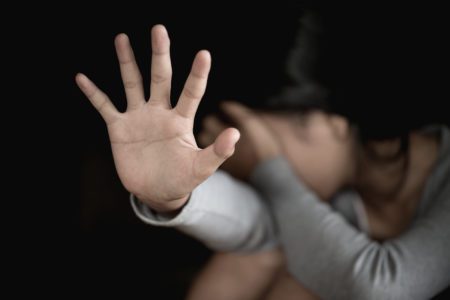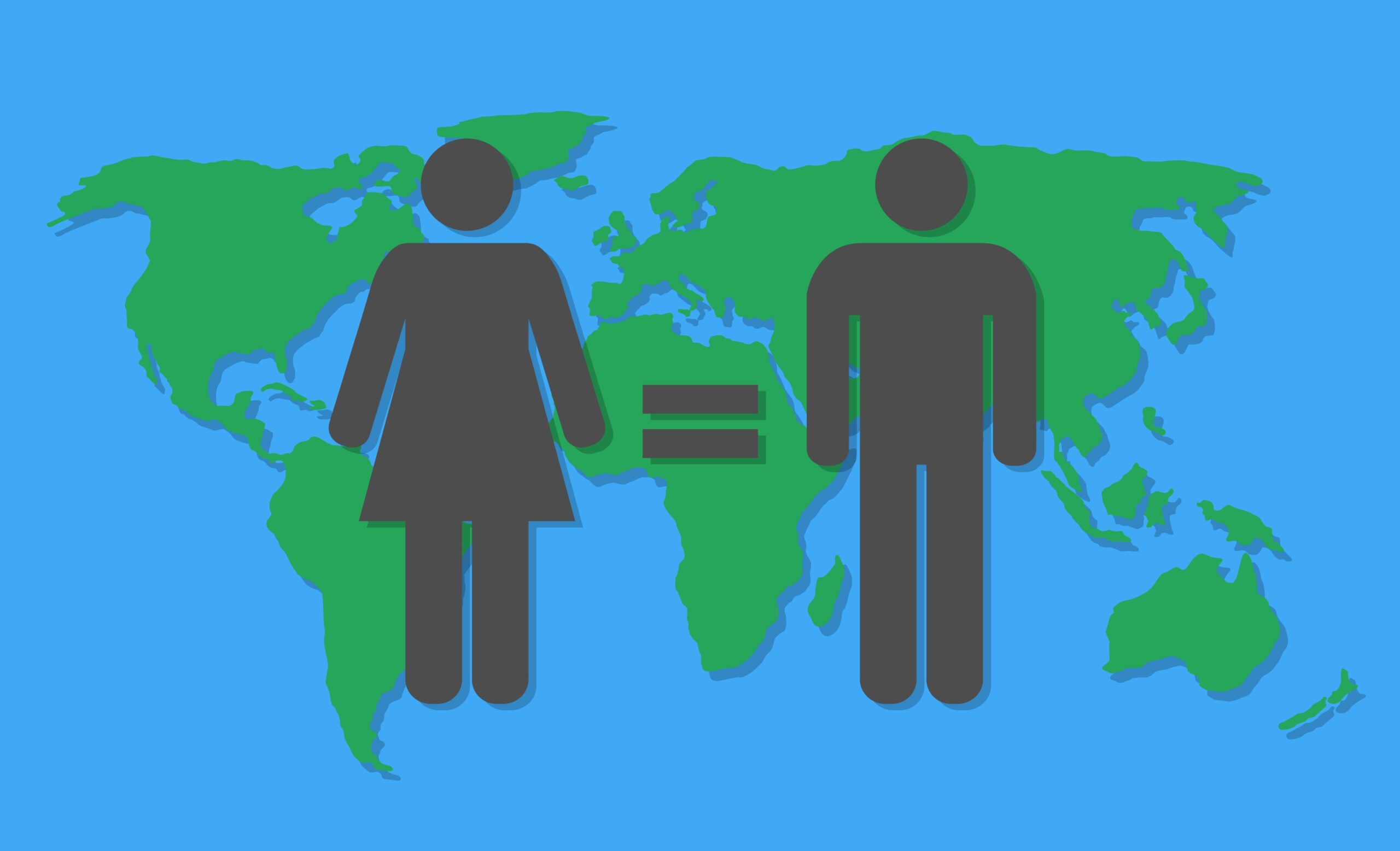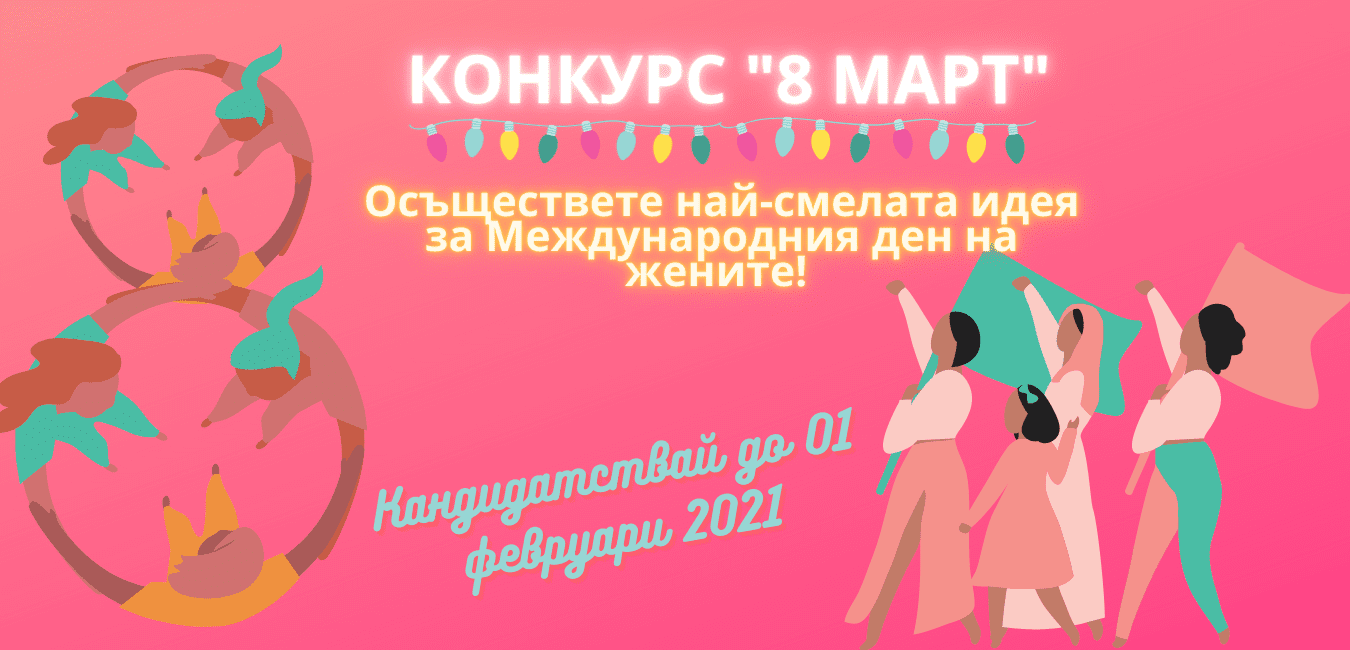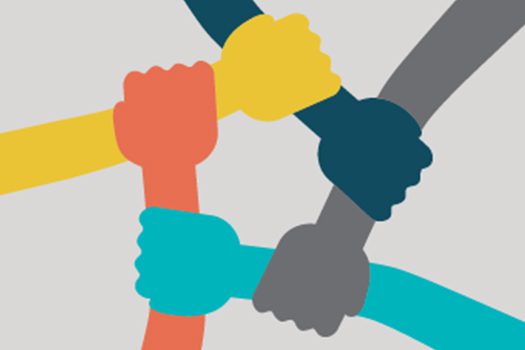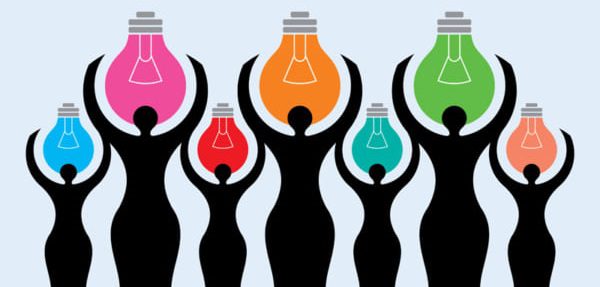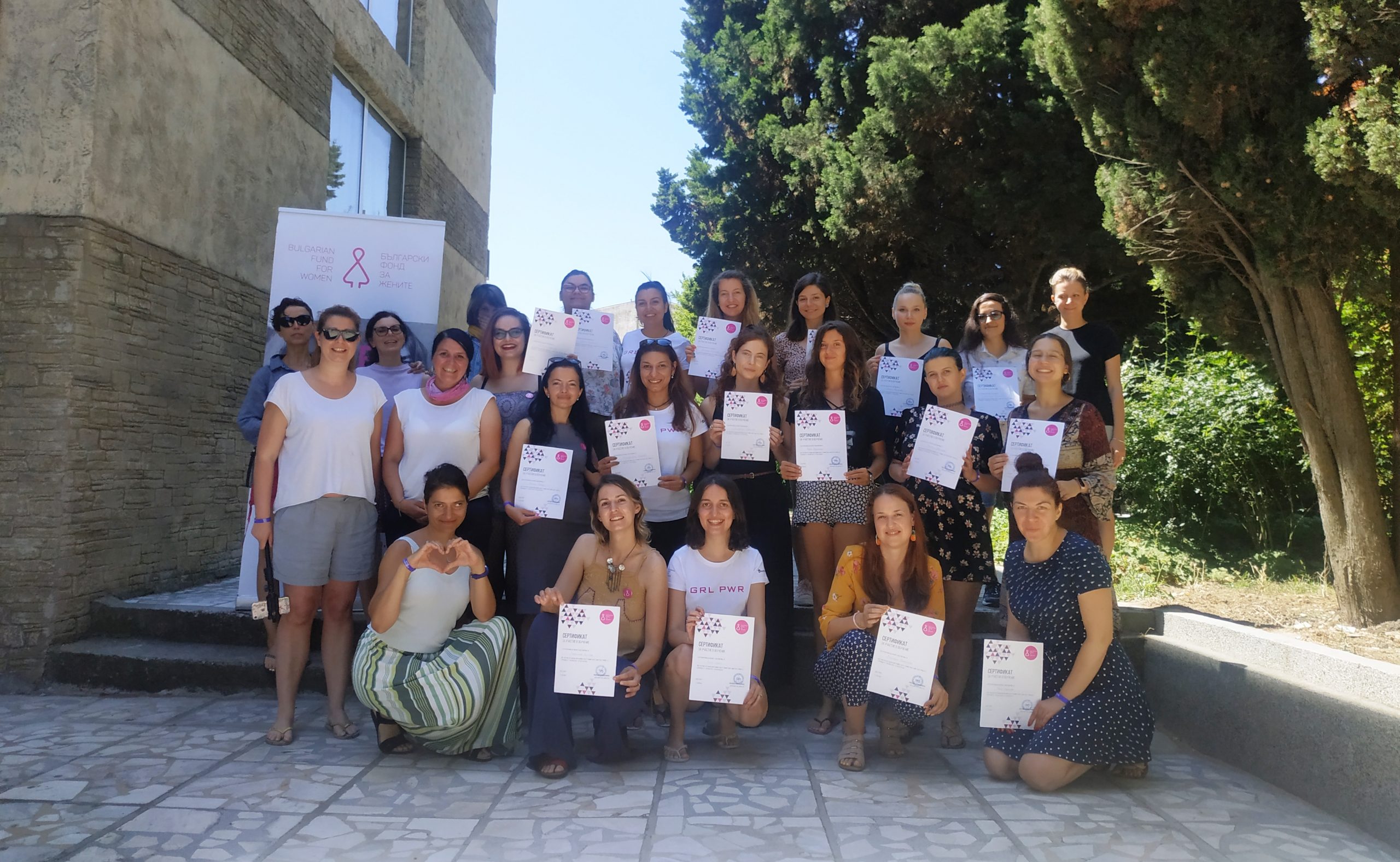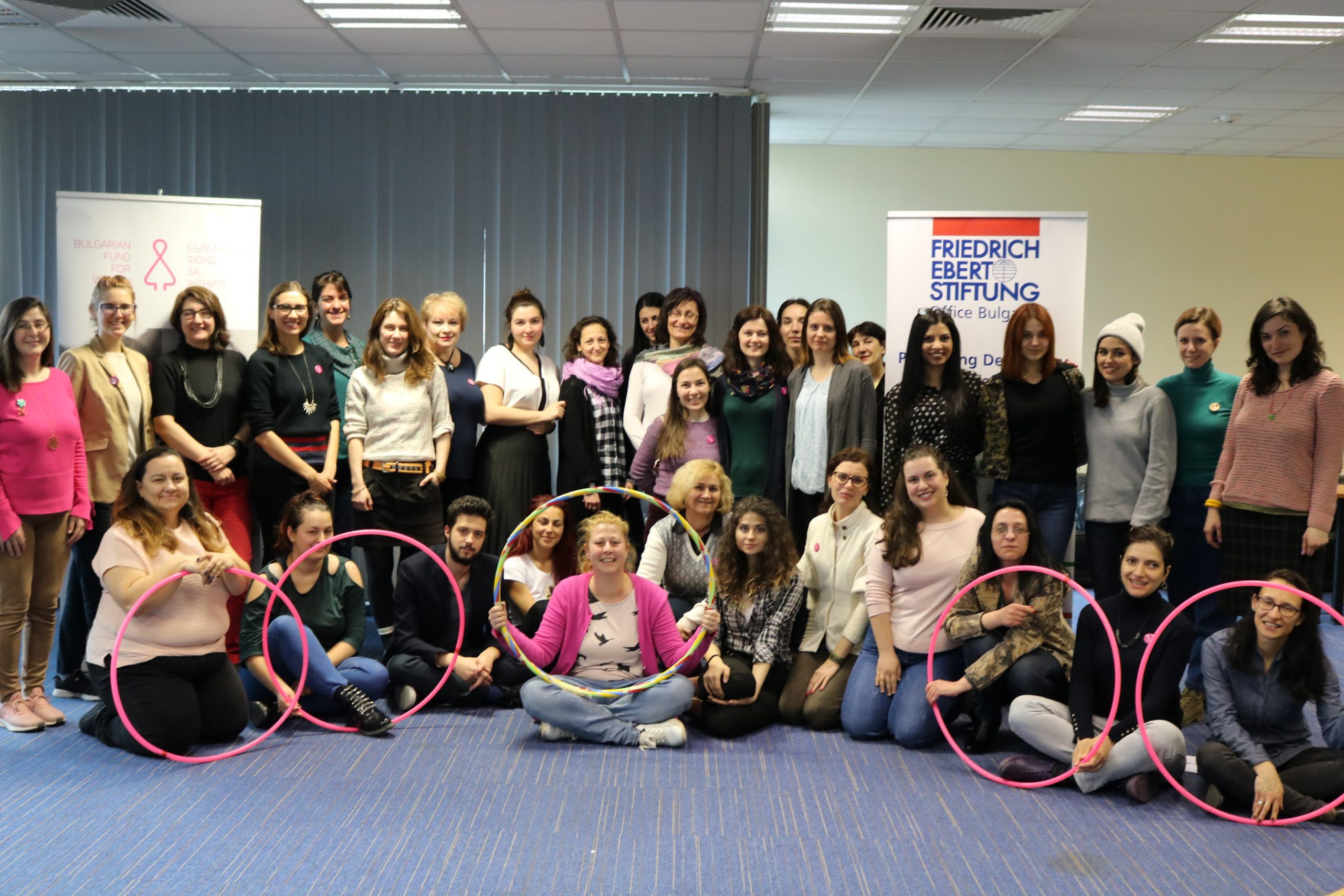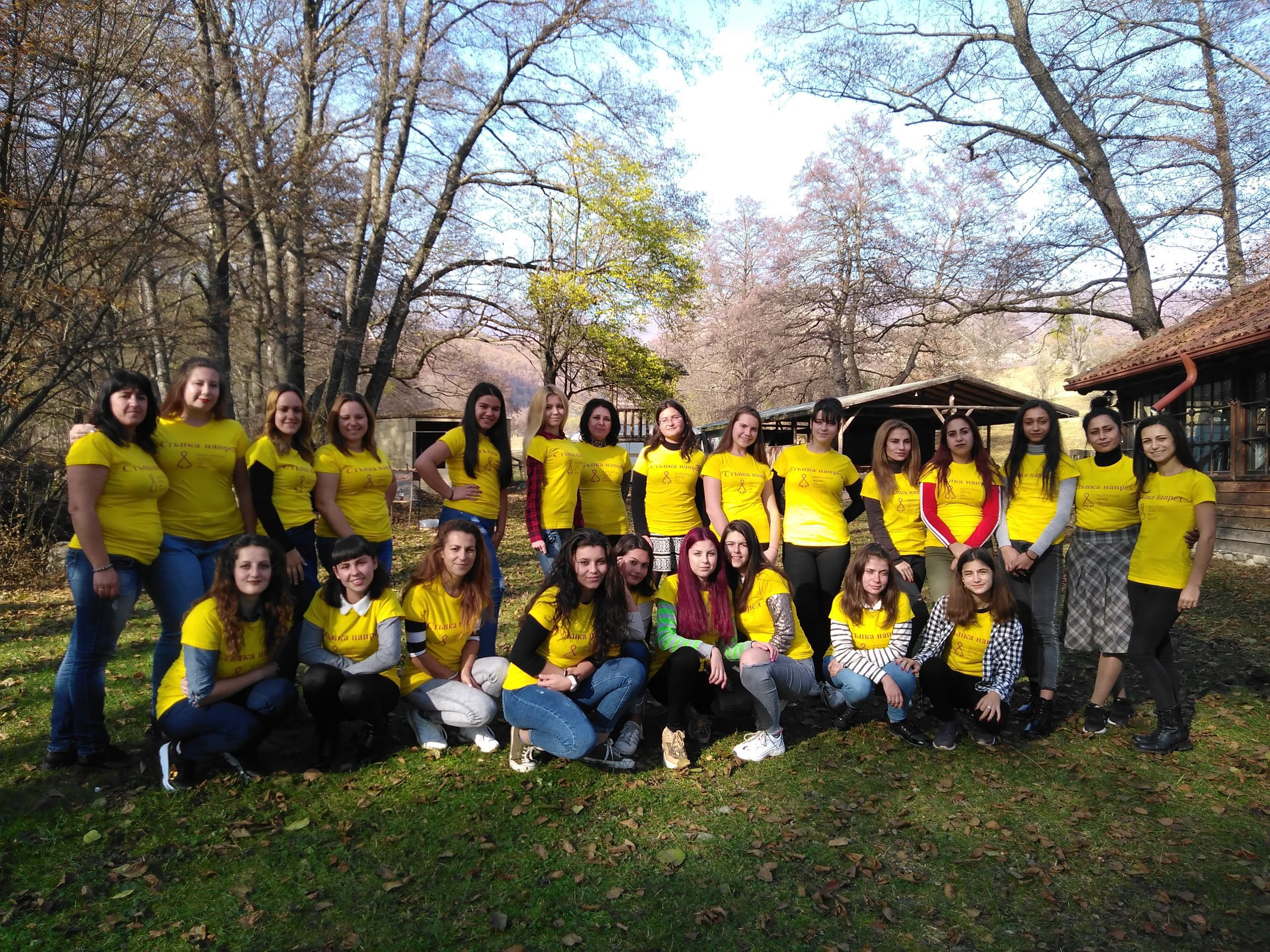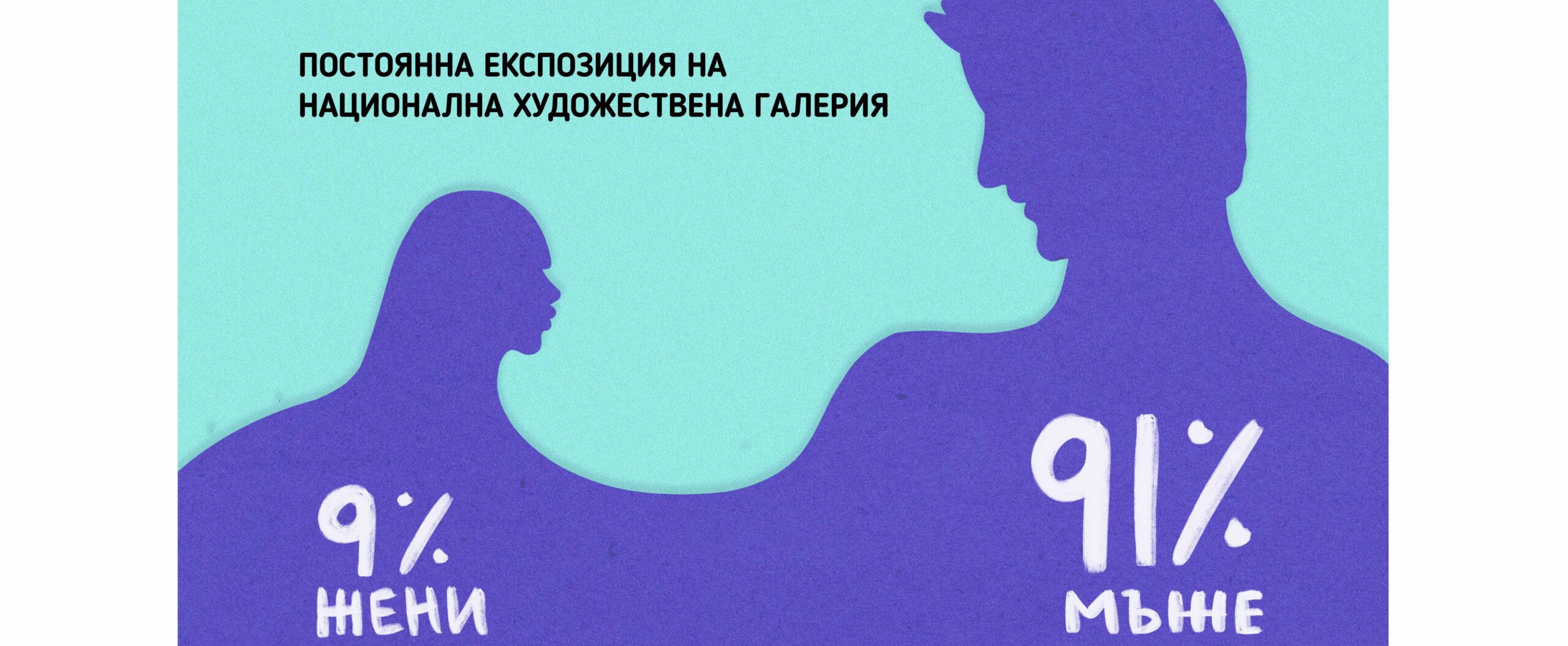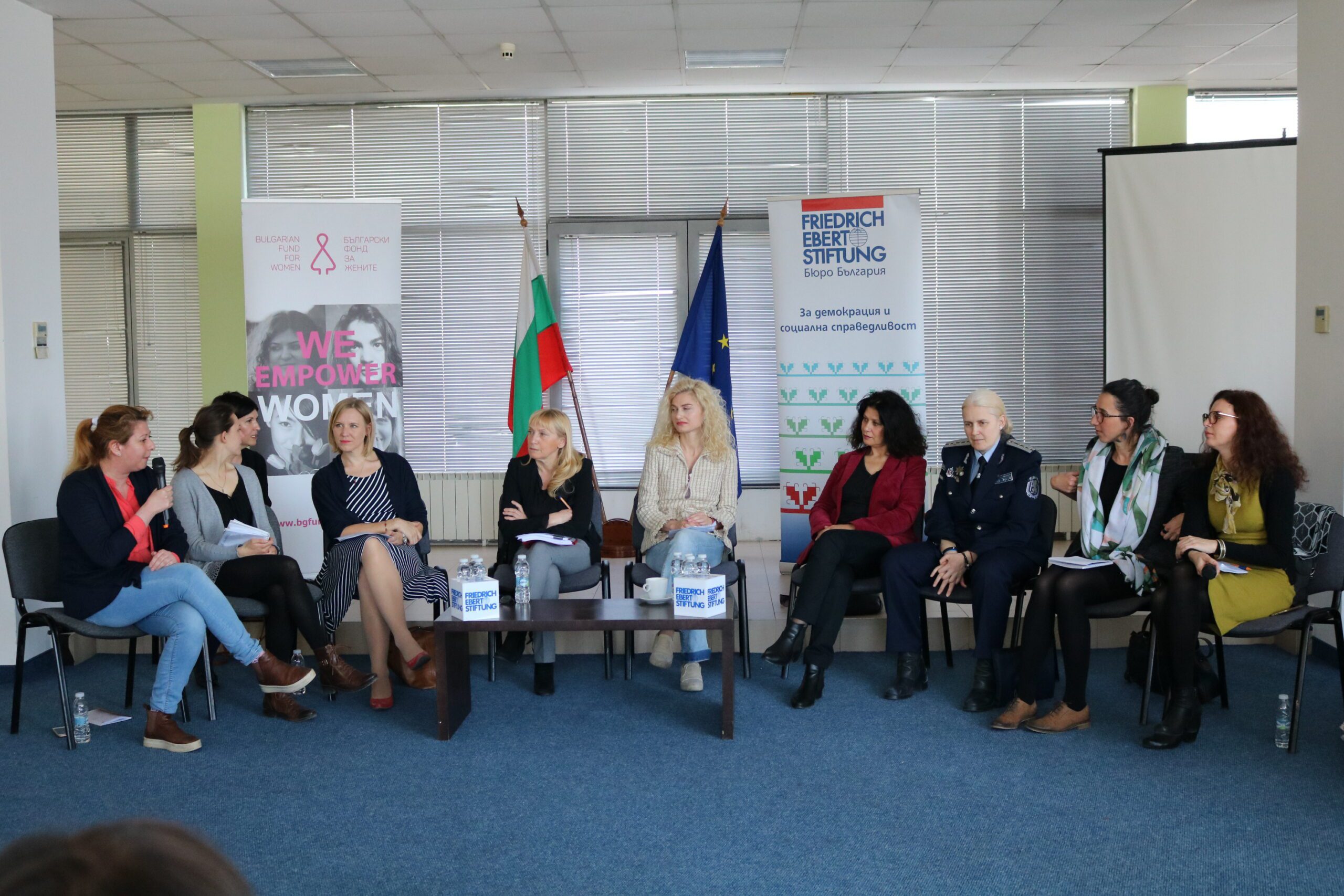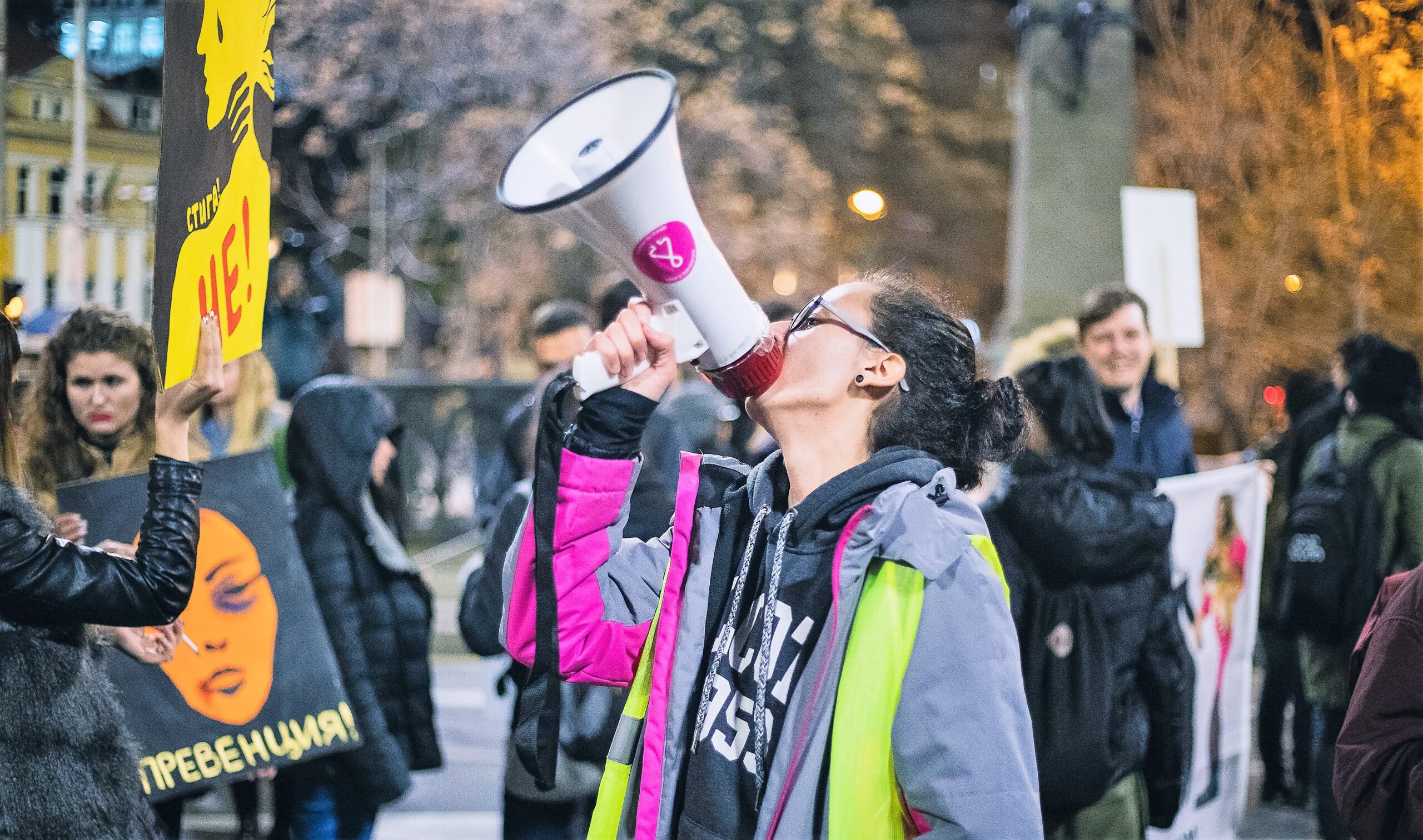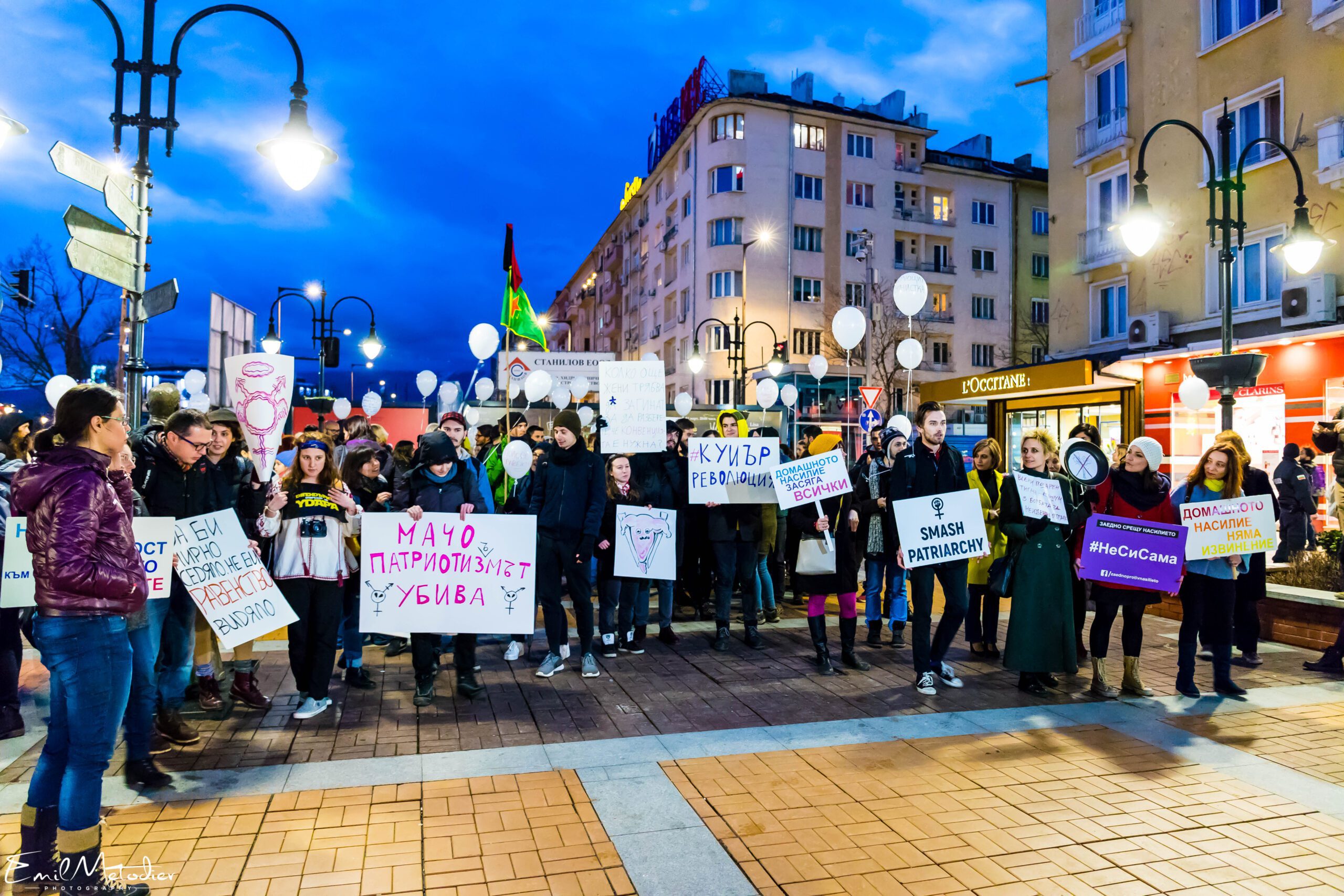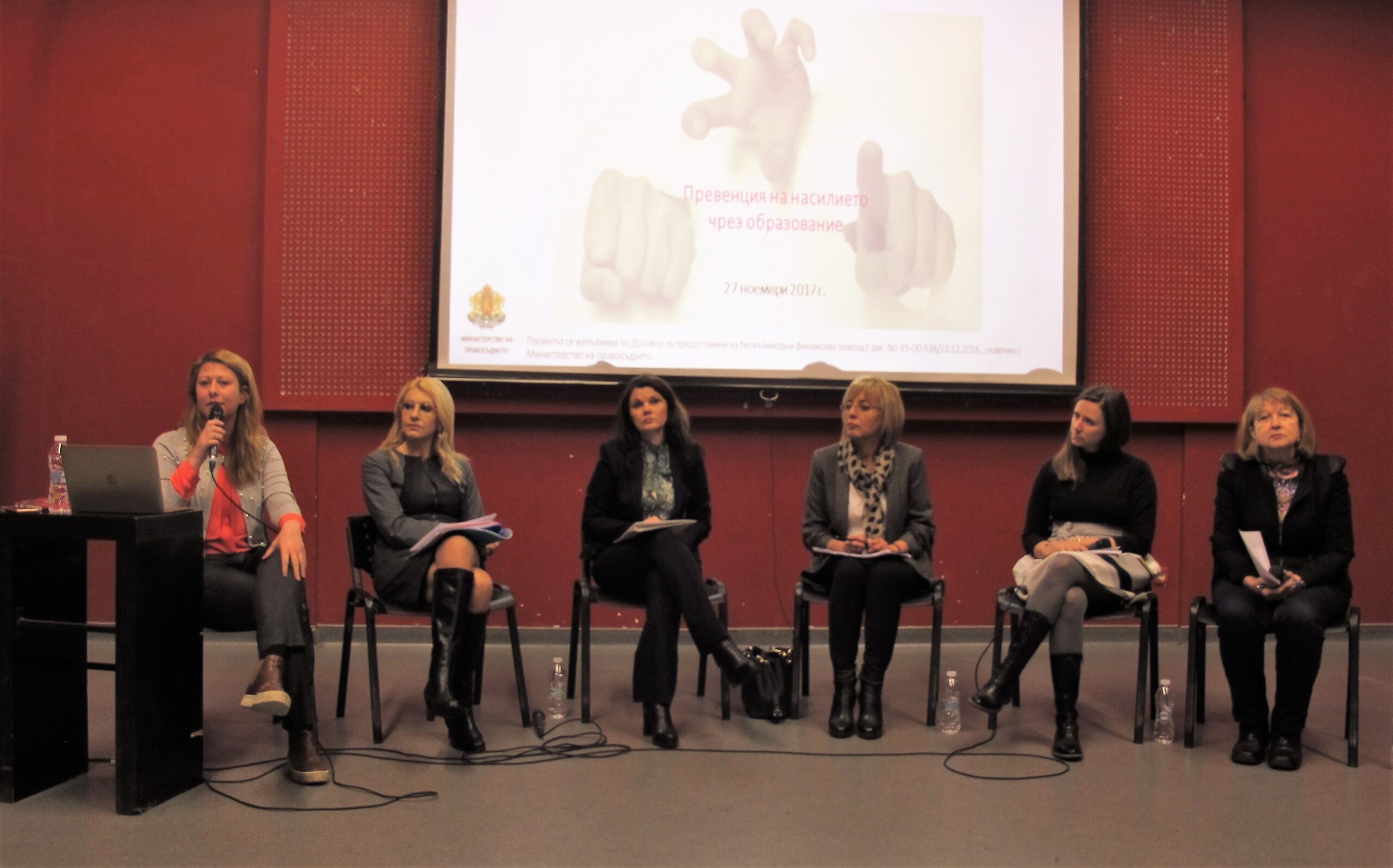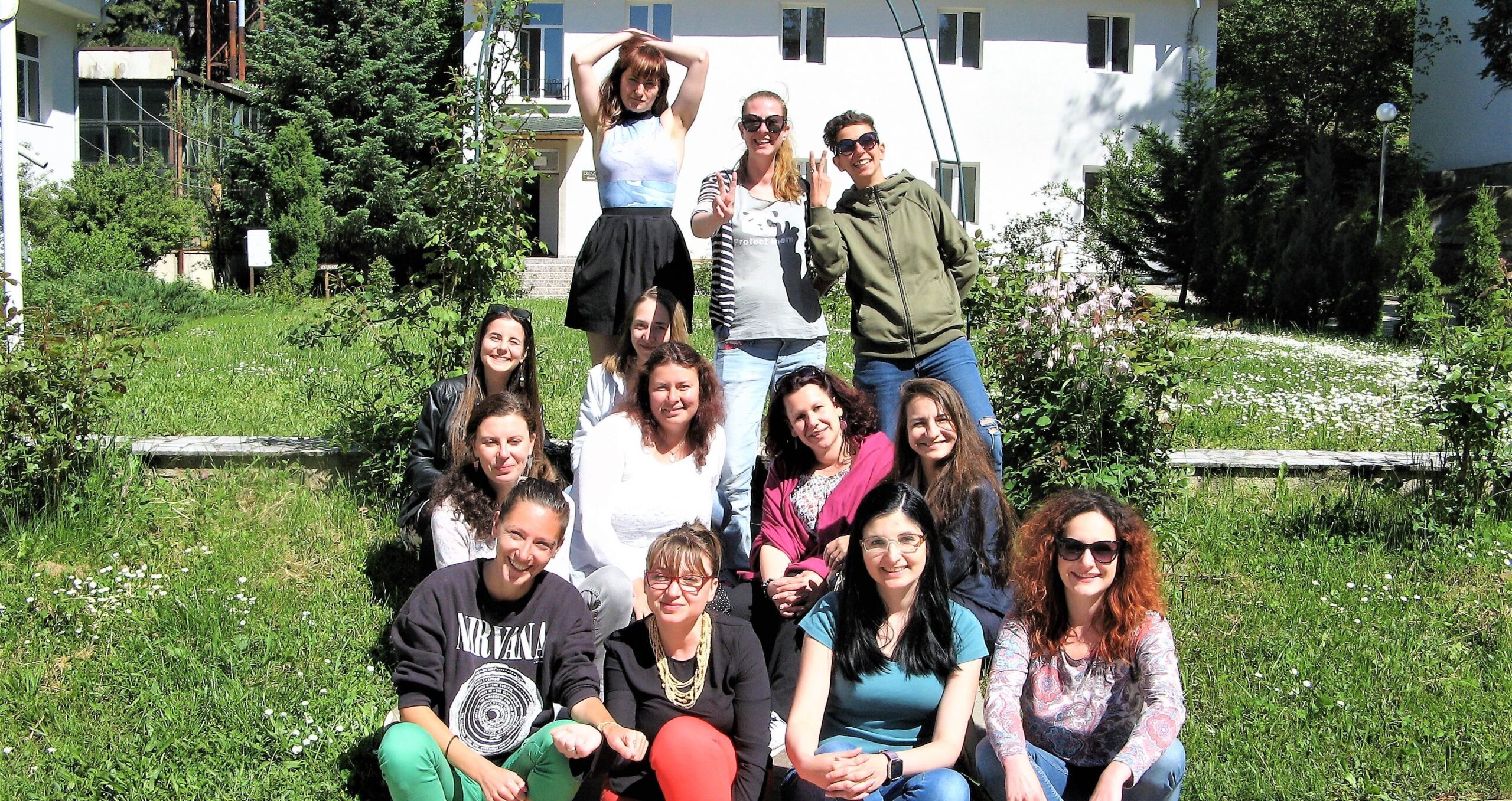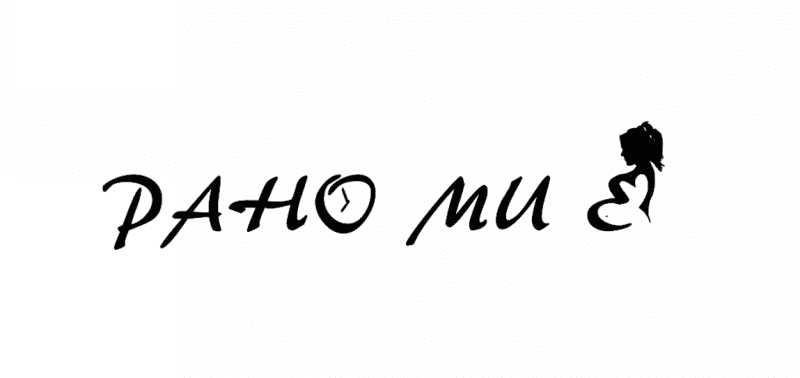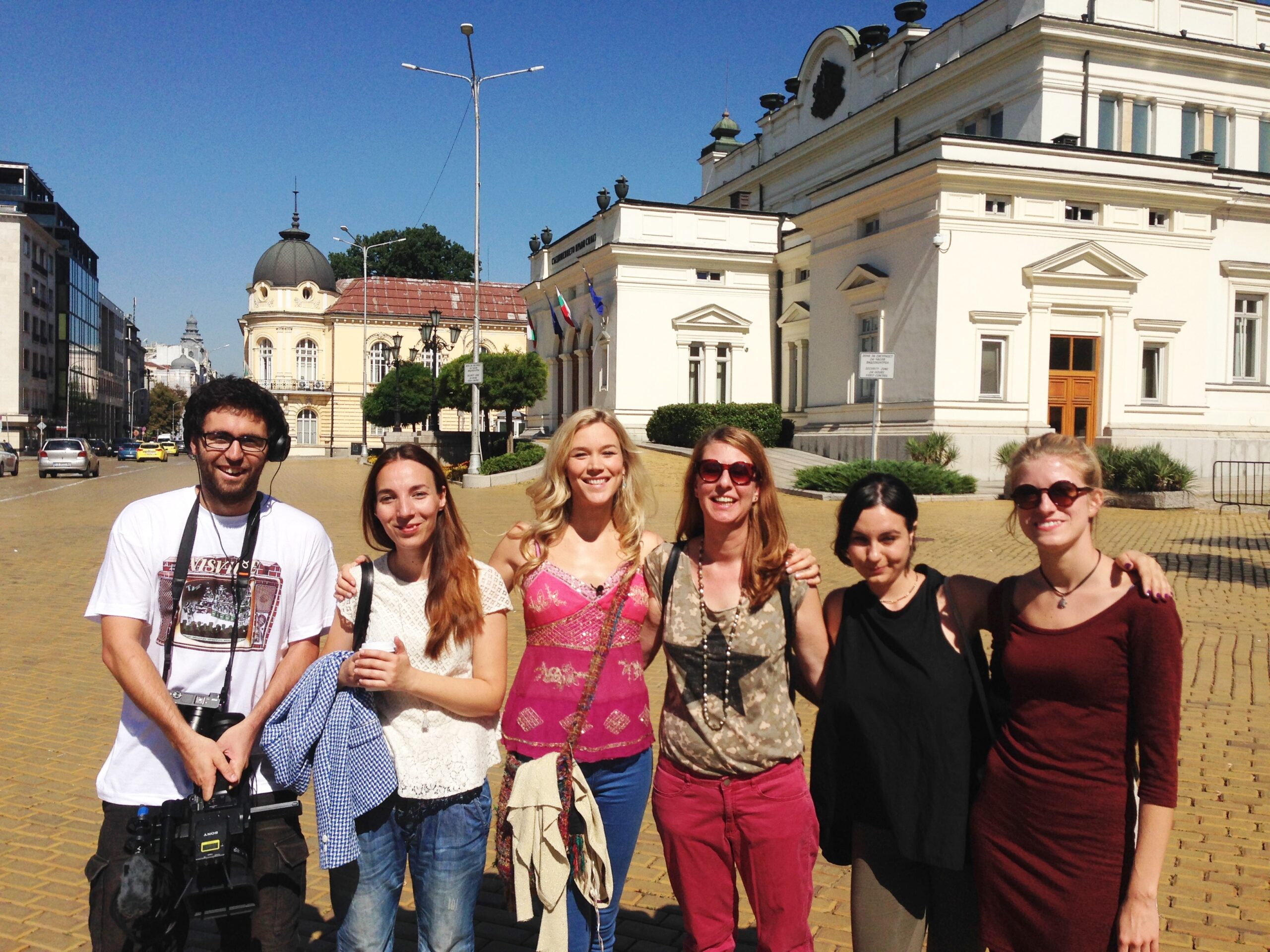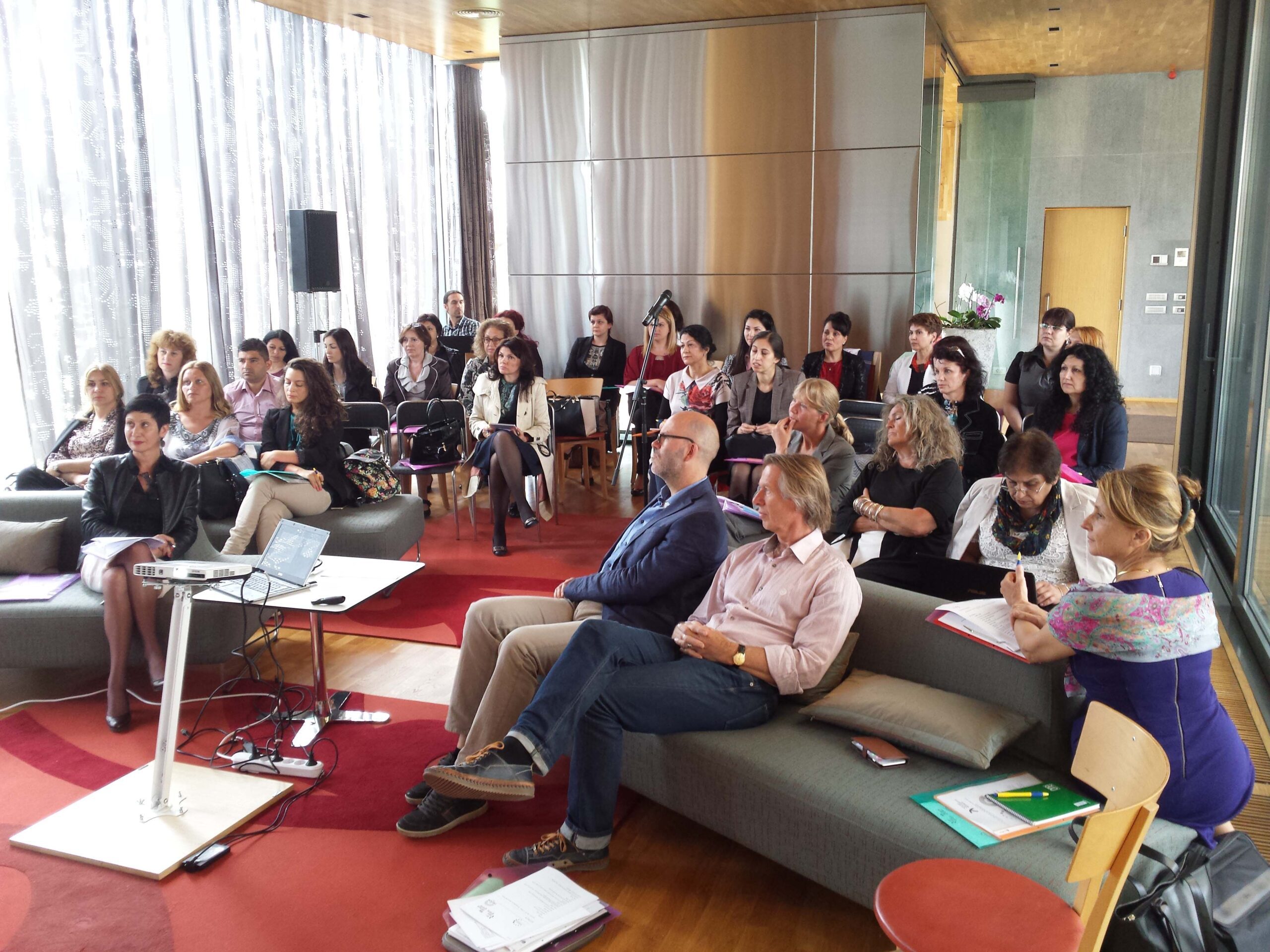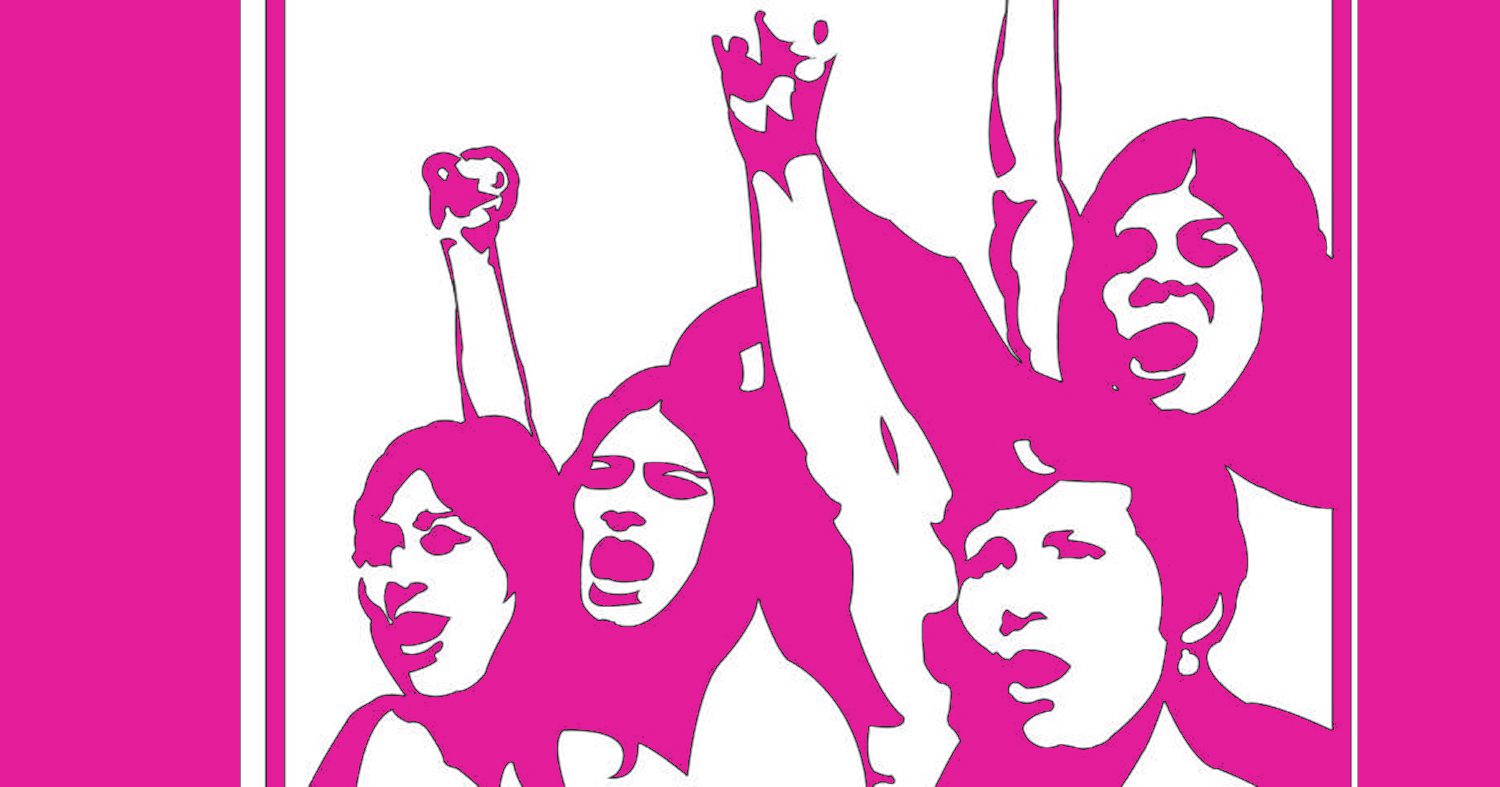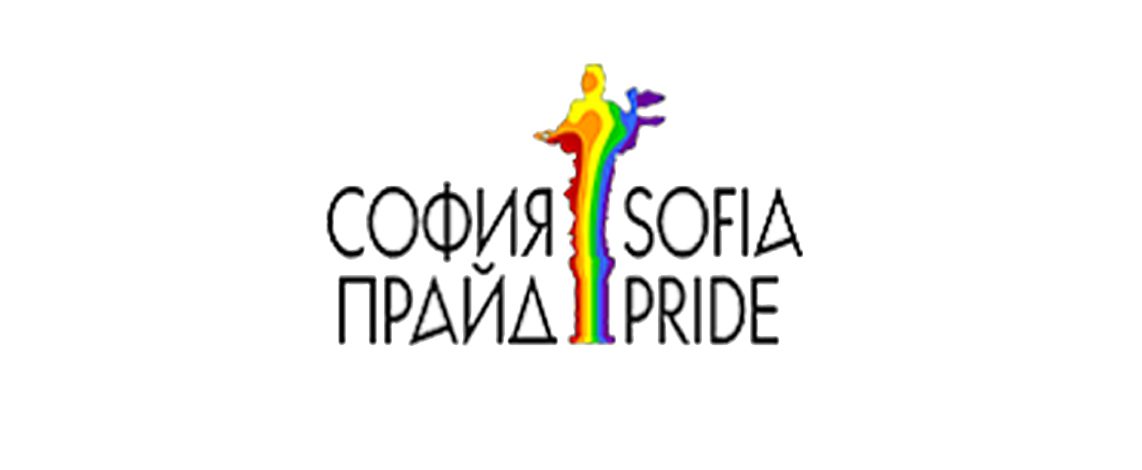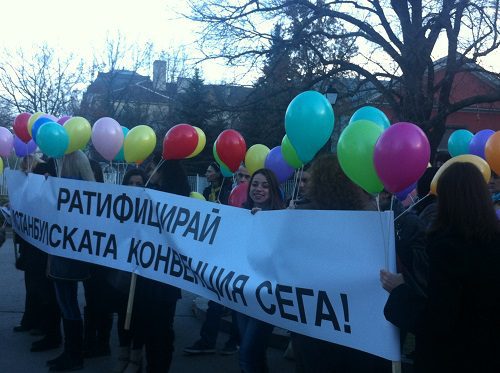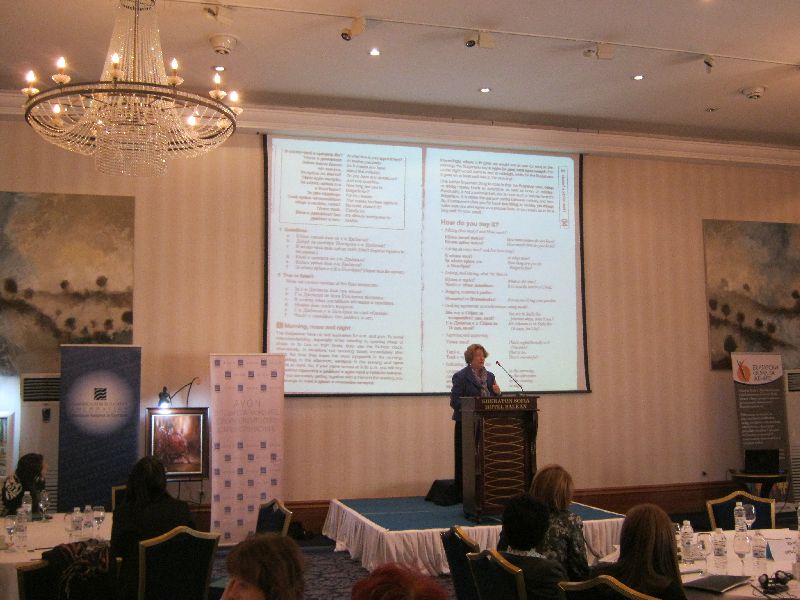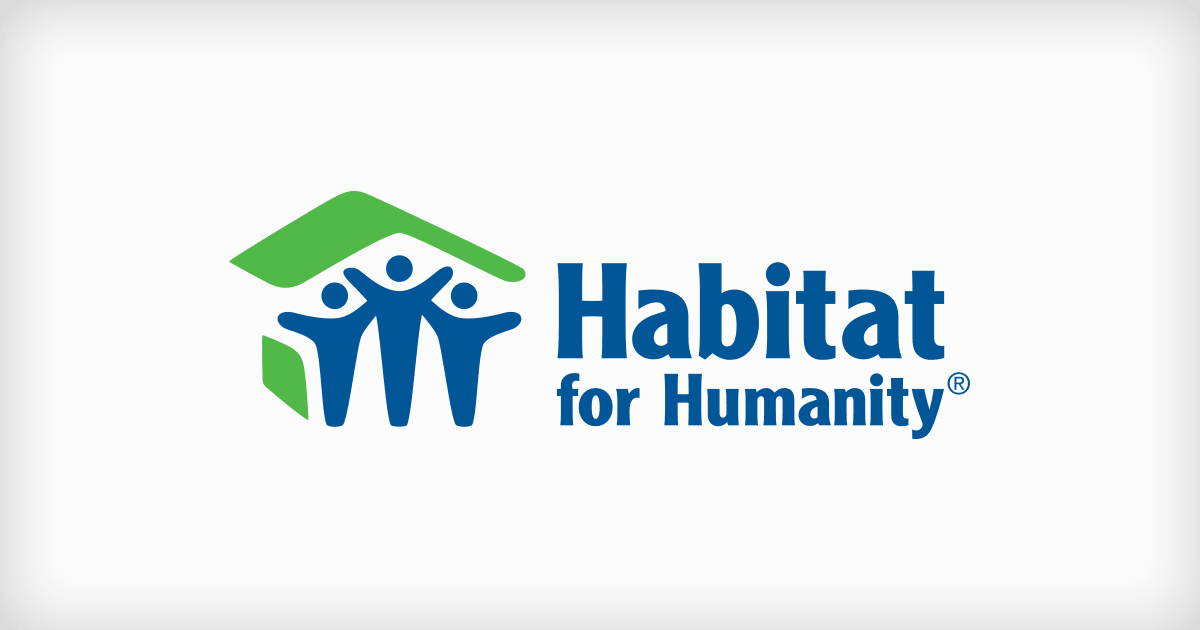Position of the Bulgarian Fund for Women regarding the European Parliament elections
The Bulgarian Fund for Women (BFW) is an organization that has been supporting causes, initiatives and non-governmental organizations working for women’s rights for 15 years, aiming to achieve real gender equality in all walks of life and eliminate all forms of discrimination.
On the eve of the European elections, the BFW reminds that the EU is facing new challenges that particularly affect women’s and girls’ rights. Long-won battles for women’s rights have been contested in many places in Europe and elsewhere in the world. The Gender Equality Index has shown very little progress in recent years. In addition, any discussions on a new perspective on gender equality will take place concurrently with the preparation for the next multiannual financial framework of the EU, the European Structural and Investment Funds and the policy to be followed by the current Europe 2020 strategy. This preparation will play an important role in the political agenda and is a challenge, but also an opportunity for discussion on achieving equality.
In this regard, on the occasion of the forthcoming elections to the European Parliament, BFW organized in April 2019 an annual meeting of its community of partner organizations under the slogan “Forum for Women’s Rights” and with the support of the Friedrich Ebert Stiftung – Bulgaria, where a roadmap with several key goals was drawn up.
These include promoting gender equality as an integral value of democratic societies, encouraging cooperation between NGO representatives and political figures and government institutions, and enhancing sensitivity and commitment of the latter regarding the issues of women’s rights and equality between men and women.
Bulgarian Fund for Women supports the position that EU membership means building together and truly sharing common values, achieved in consensus. For the new period between 2019 and 2024, the European Commission brings to the fore several key objectives relating to the rights of girls and women, including:
- Combating stereotypes which lead to gender inequality in education and the labor market.
- Fighting horizontal and vertical gender segregation regarding professional development.
- Provision of affordable childcare, which would facilitate full participation of women in the labor market.
- Protection of the right to equal compensation for equal contribution.
- Equal access for women to political and economic decisions and positions.
The fight against “Two-speed Europe” or “Europe a la carte” also means a fight against stereotypes leading to the development of “two speeds” of the sexes and the selective granting of rights to one of them. The label ‘European’ cannot be reduced to just pragmatic ‘funding’ and ‘donation’. In Bulgarian as well as in the world context, the course of ideological conversion towards neo-conservatism of a number of political parties in both the left and the right cannot trace a new path and revives inequality and disrespect for women’s human rights, under the slogan of pseudo “traditional” values.
It is unacceptable that the topics of equality in the debate on the European elections are hardly be placed on the political agenda and just formally marked. Equally unacceptable is to use the problems of the demographic crisis, social benefits, violence against women, homophobia and migration as ideological propaganda against human rights, and not to seek real and humane solutions. The professional approach requires, in such cases, to respect the opinion and expertise of non-governmental organizations that work on women’s issues and know the needs of their direct beneficiaries.
Stating full readiness to continue working with the government and local authorities towards solving the problems standing before the achievement of equality between men and women and against violence in all its forms, Bulgarian Fund for Women calls for:
- Improving policies and legislation related to overcoming inequalities and violence against women;
- Developing an approach towards government budgeting, based on the gender equality principle;
- The EU ratifying and implementing of relevant international instruments, and in particular of the Council of Europe Convention on preventing and combating violence against women and domestic violence (Istanbul Convention);
- Commitment to combat all forms of discrimination on the basis of age, race, ethnicity, religion, beliefs, disabilities, sexual orientation, socio-economic background, etc.;
- Promoting gender equality initiatives in the media industry, especially in the advertising and gaming industries, which are intensive carriers of gender stereotypes;
- Preventing and combating gender stereotypes and sexism in education, introducing health and sex education in school;
- Promoting equal participation in the labor market and economic independence for women;
- Promoting equal sharing of unpaid domestic work and care for dependent family members between women and men;
- Formalizing and compensating women’s work when they are the only ones caring for sick and dependent family members;
- Ensuring equal access to economic and political decision-making positions;
- Preventing and combating gender-based violence, including workplace violence;
- Guaranteeing women’s sexual and reproductive rights;
- Adequate and humane pre- and post-natal health care as well as availability of health care in small settlements;
- Creating a sustainable funding model for CSOs working for women’s rights.
Photo: //www.cec-managers.org/european-elections-2019

